What Different Styles of Art Are There What Different Styles of Art Are There
Art mode describes why an artwork looks the way information technology looks. Information technology's a window into the creative person'southward artistic process to help you understand the artist's vision, subject area, and feelings expressed on the canvas. In this list, we outline 11 essentialgimmicky art styles and their characteristics with examples so you lot know what to await for and but buy art online that matches your taste and you can relate to.
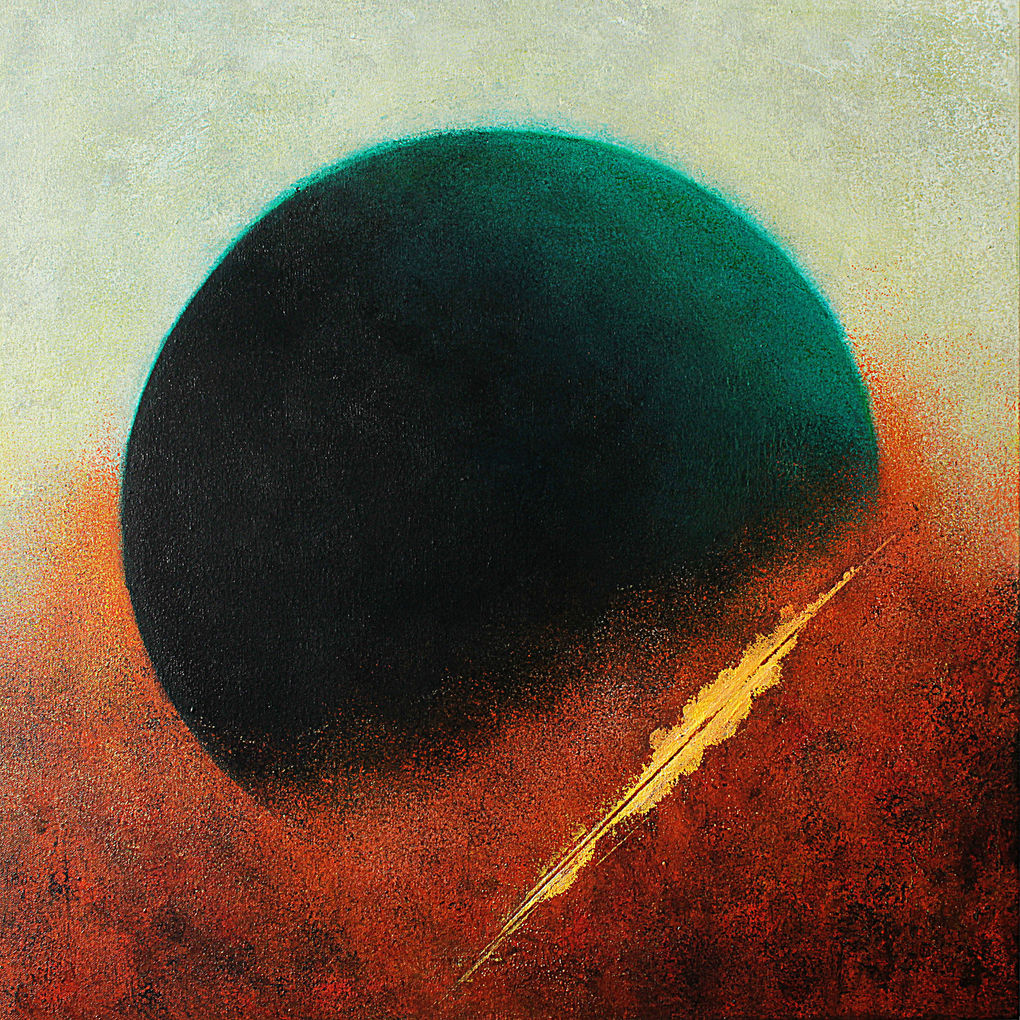
Spherical Revelation - Peisy Ting
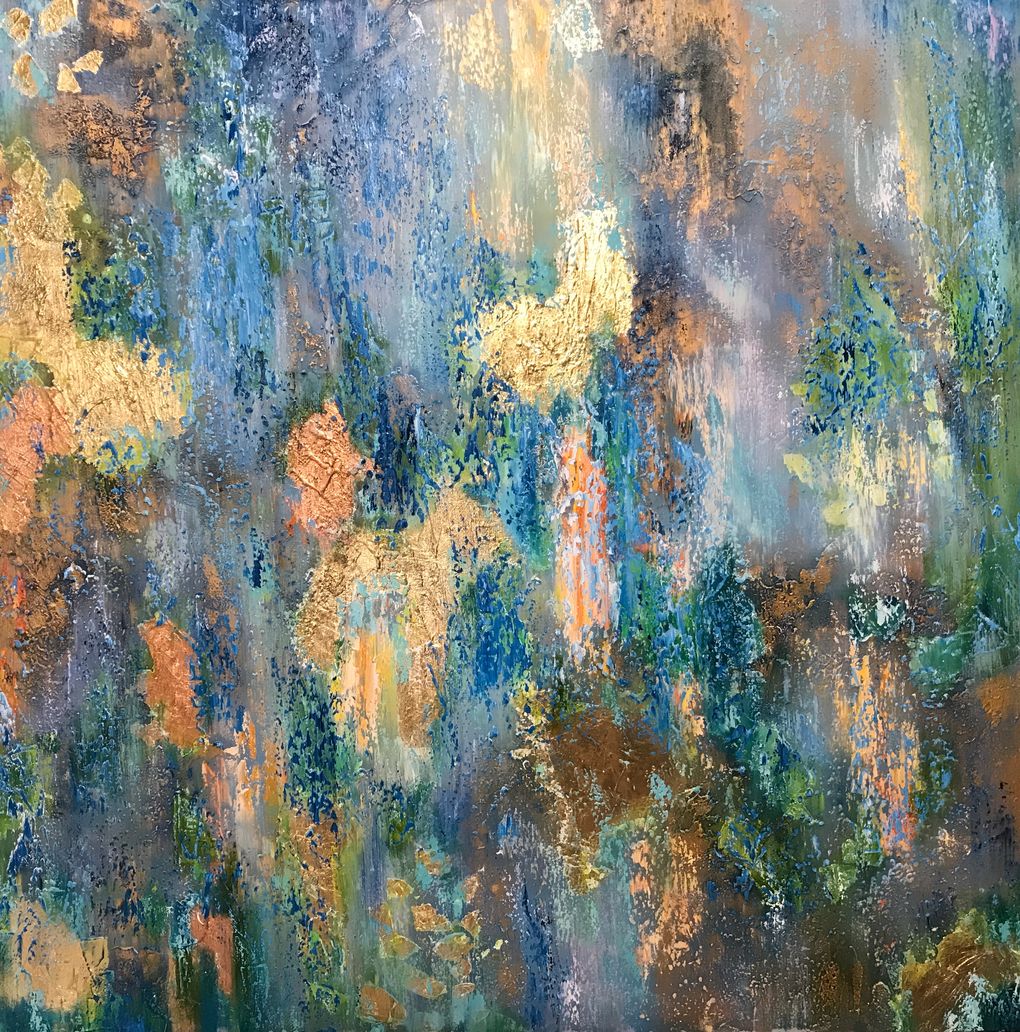
Sea Breath - Diana Malivani
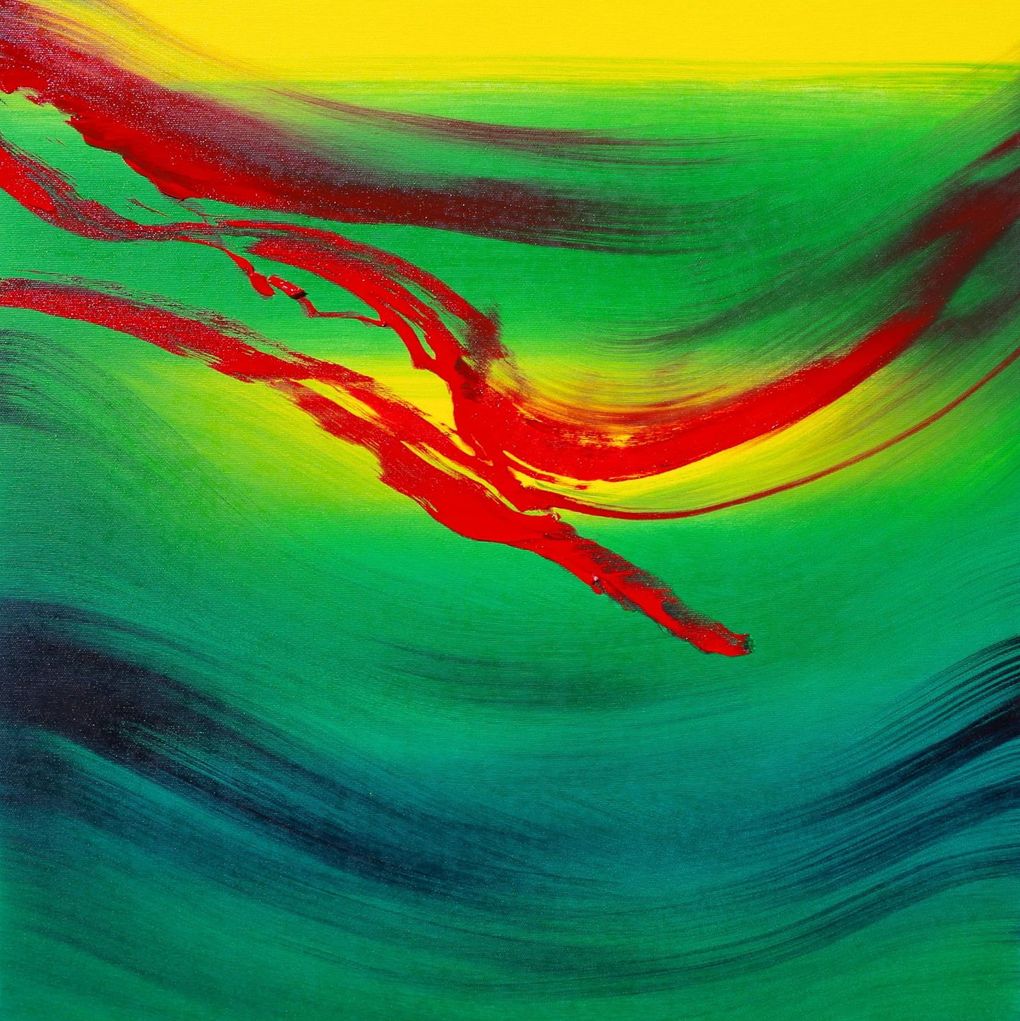
Touch of red - Davide De Palma

Metamorphosis - Sea Stories - Aarti Bartake
Abstract art, also known as physical art or nonobjective fine art, tin can be divers equally a way wherein the artwork takes an element from the real world and represents it using shapes, colors, forms, and gestural marks just discrete from information technology truest form. Objects are represented past shapes and gestural marks while colors symbolize emotions. In other words, this fine art style is a non-objective, non-representational course of art that seeks to replicate the essence of the objects from real life in a simplified or reorganized style in society to highlight the artists' interpretation of reality.
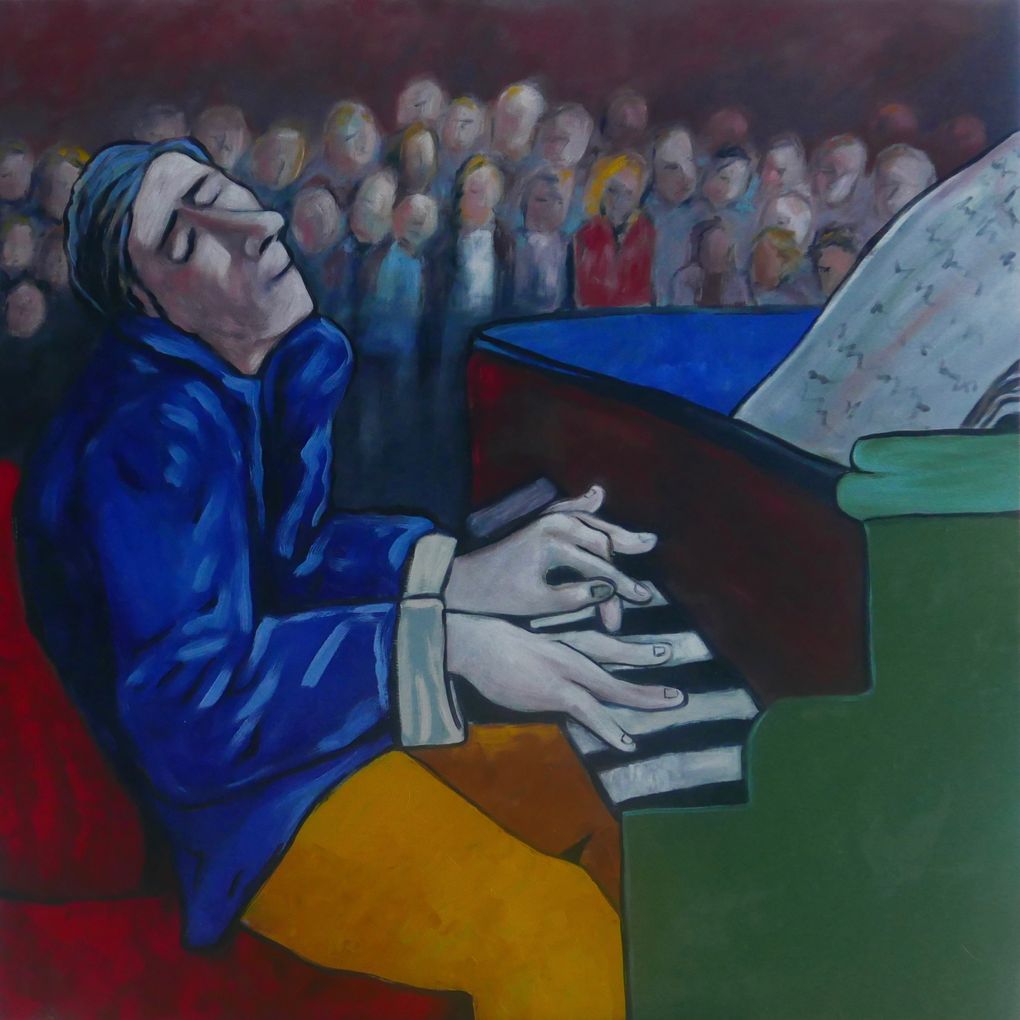
The Concert Pianist - Ta Thimkaeo

Le Bonbon - Ahn Sunday Mi
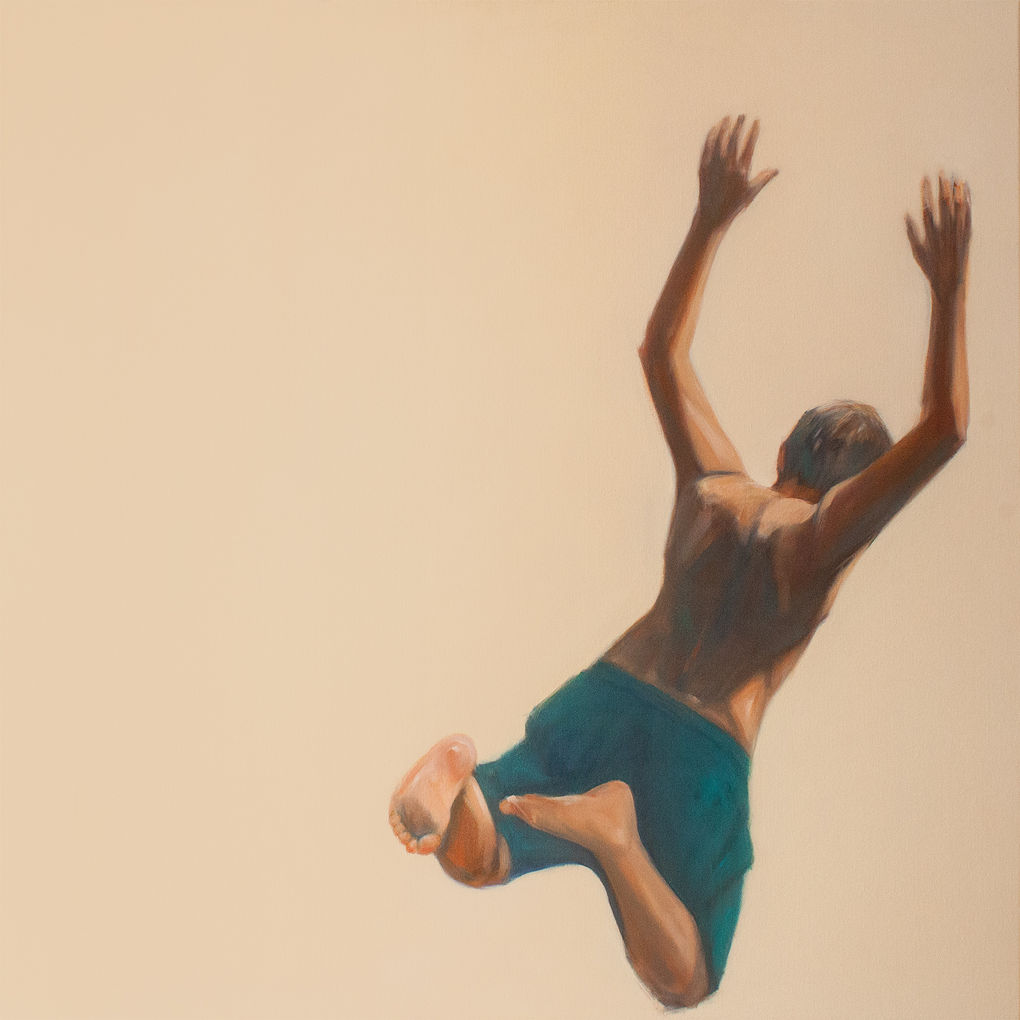
Jump in the Summer - Nata Zaikina

Scene #24 (From Here to Eternity) - Simon Ng
Figurative art is the art of realistic representation and has been the goal of art-making since ancient times. Traditionally, figurative artists strove to create works that were derived from real object sources and often depicted human figures. It is regarded as what contrasts abstract art - fine art that does non employ recognizable motifs - also known equally not-representational art. From its development to art-making today, we discover that figurative works still have a stronghold in our contemporary sphere. Like many others in the gimmicky art world, figurative art has teamed up with other genres such as abstract, cubist and fifty-fifty minimalist fine art whilst still withholding a potent sense of figuration.
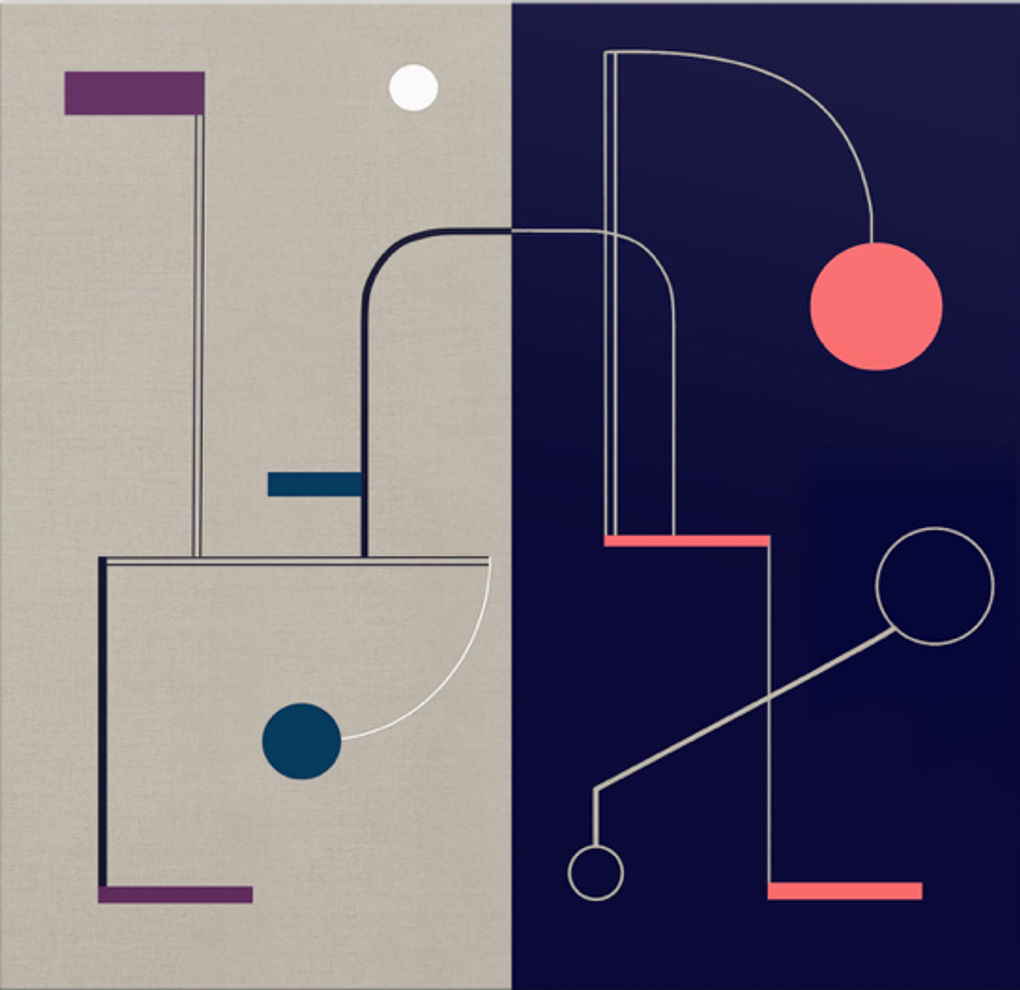
Star Clock at Night II - Sinta Tantra
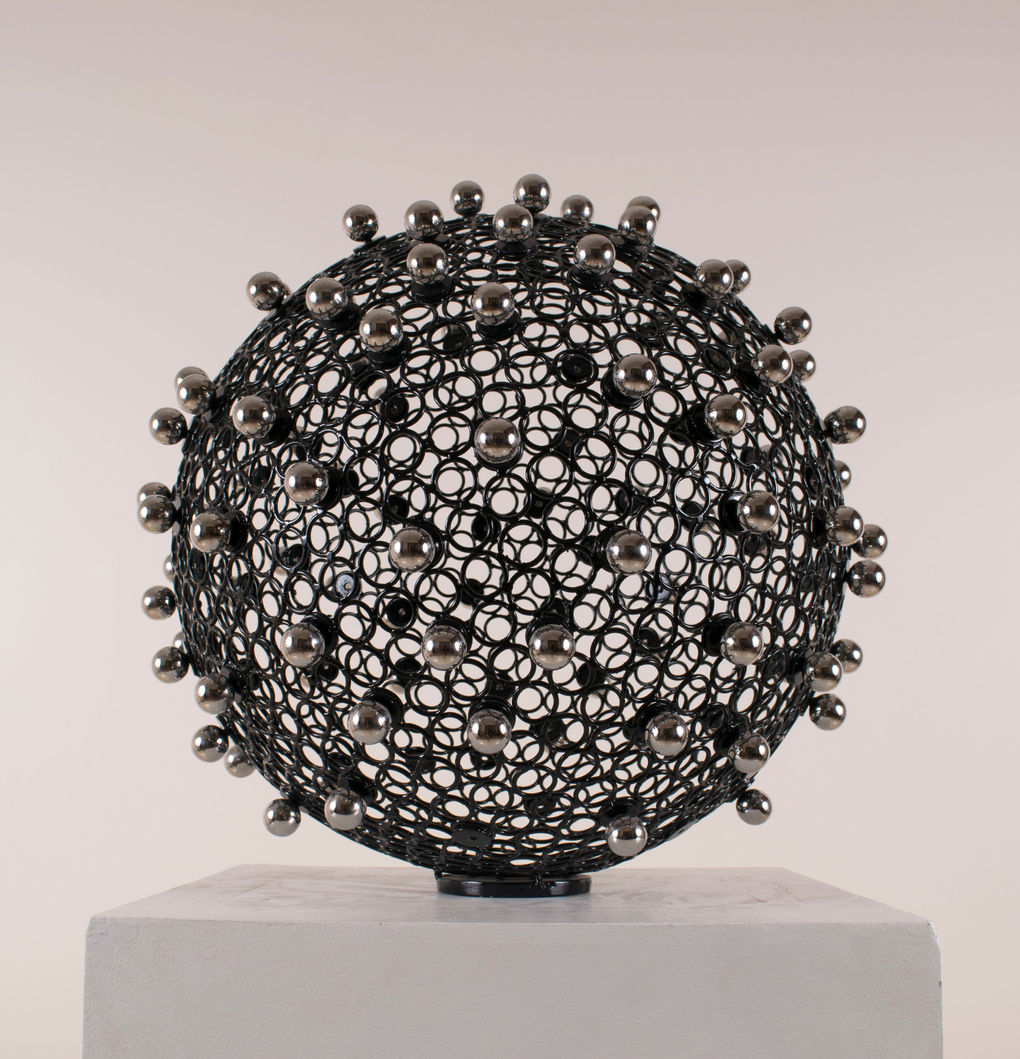
Biosphere 12 - Romicon Revola
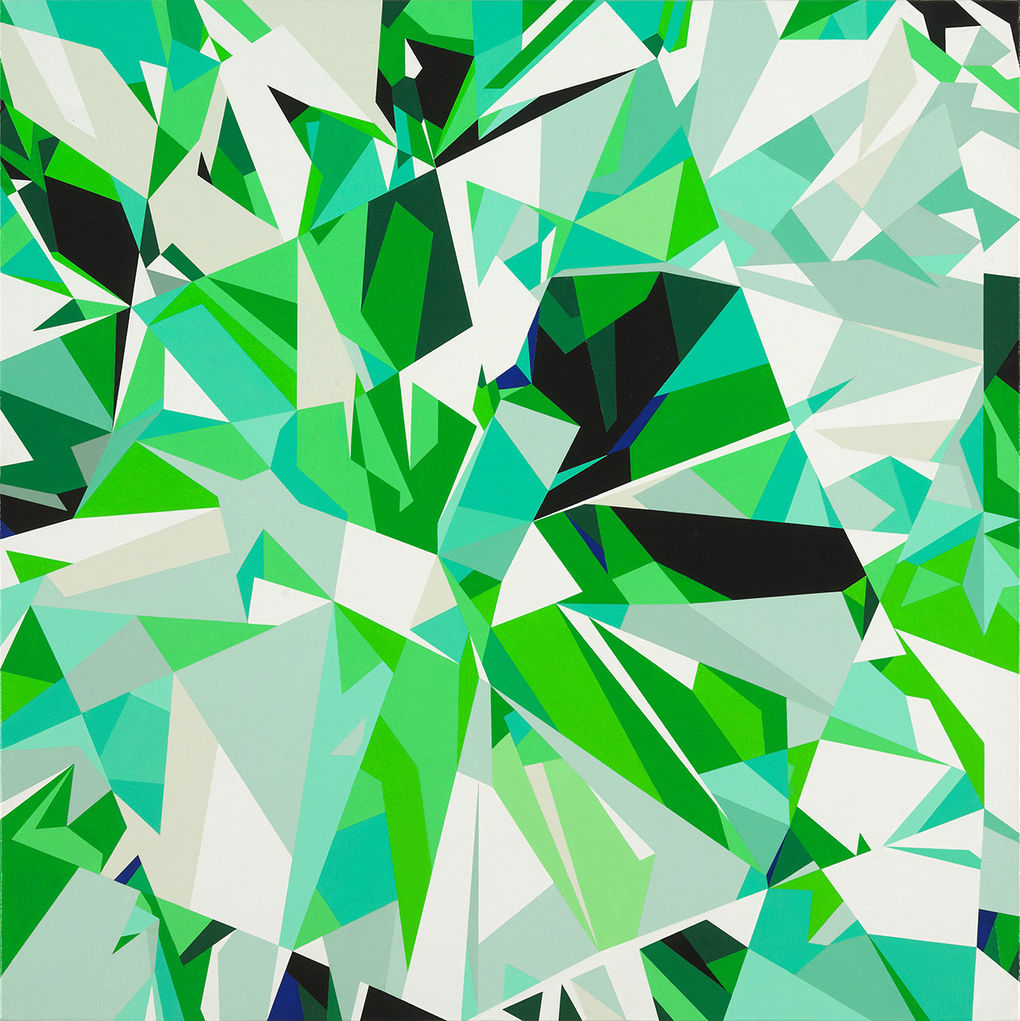
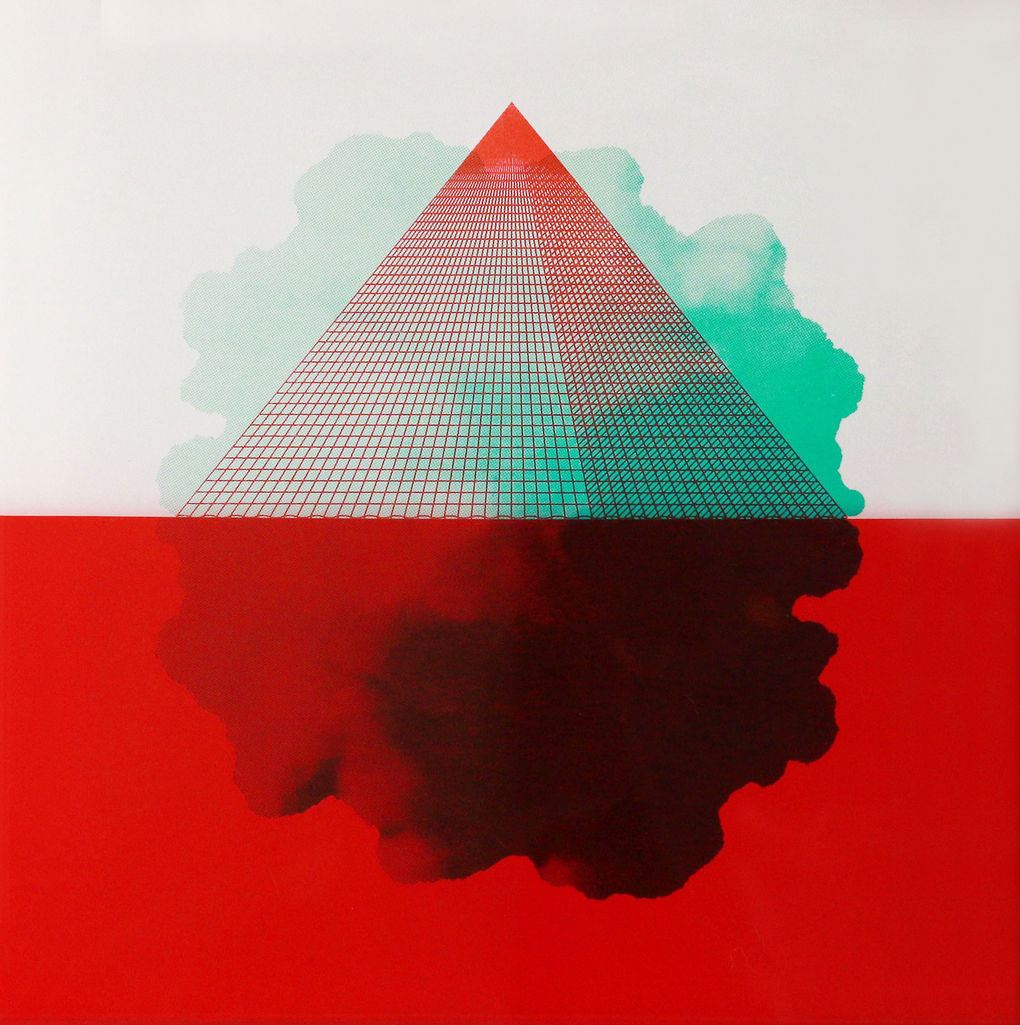
Order - Tetsuya Fukushima
Geometric fine art is artwork rendered through the apply of geometric forms made out of points, lines, angles, and shapes. This art manner uses a range of geometric shapes from a simple triangle, square, and circumvolve to complex shapes that requires math to create them. Different the natural class of organic shapes, geometric shapes favor precision and may even require using tools like a directly-edge or compass.
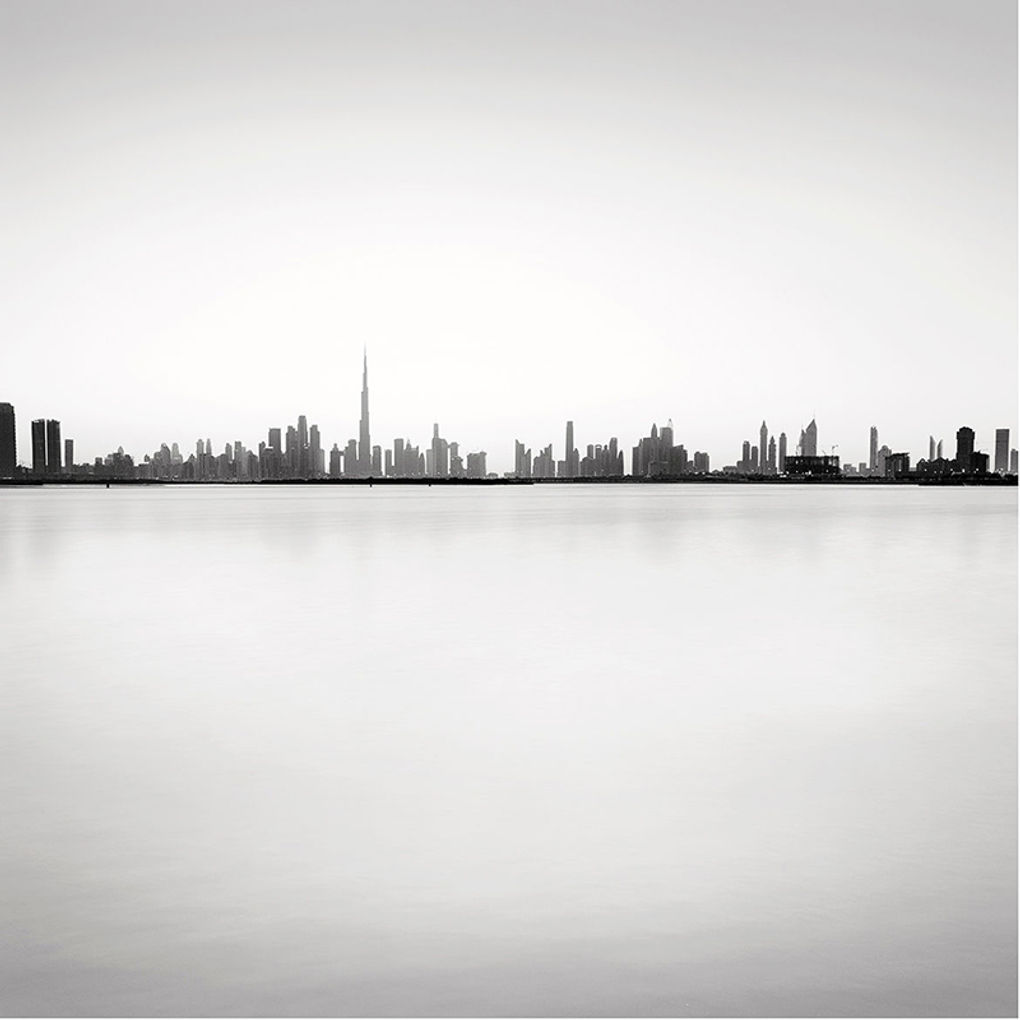
Saint marc study - Alexandre Manuel

OO - Ross Rudel
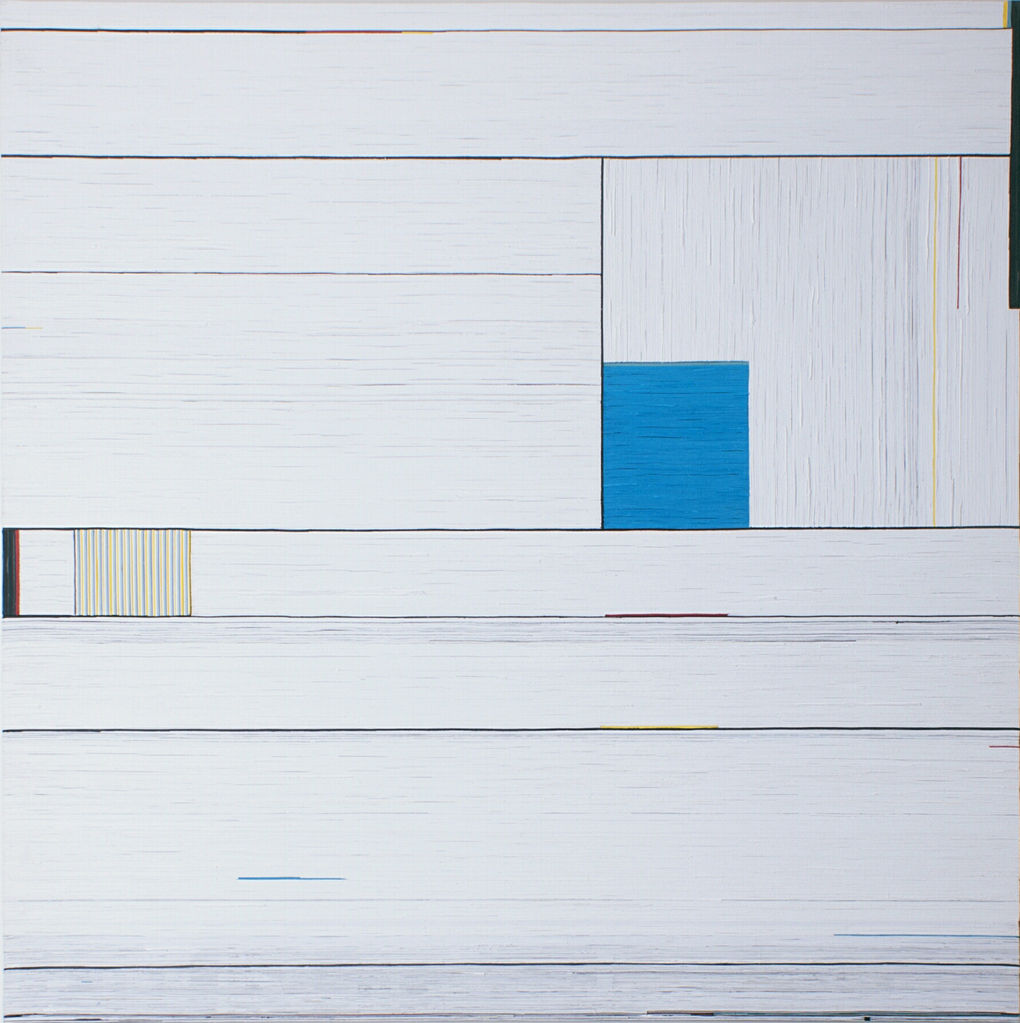
Fourth dimension Dilation #1 - Irfan Hendrian
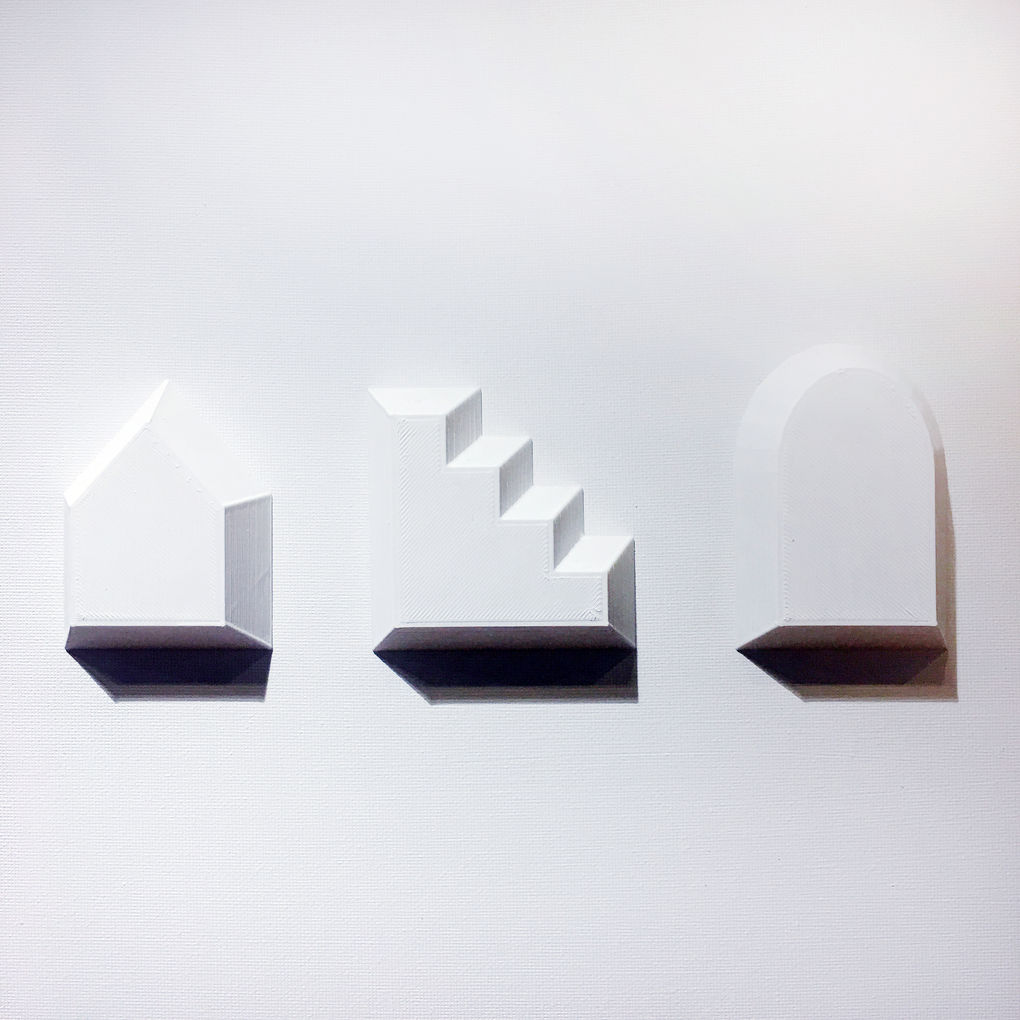
PASSAGE - TKT Design & Compages
Minimalism constitutes of a school of abstraction devoid of personal expression – or at least where personal expression is kept to a minimum. Geometric lines come across a tangent of the utmost simplicity, and forms deliberately lack expressive content.
What drives minimalist artists in creating what Frank Stella describes as "what you meet is what you see", is the belief that fine art, in all its essence and glory, should not refer to anything but itself. Artists who delved into the minimalist art movement did not prioritize personal expression, just rather stuck the art itself at the forefront of their creations. They push viewers to encompass the reality of art that is presented to them, their medium, and their materials.
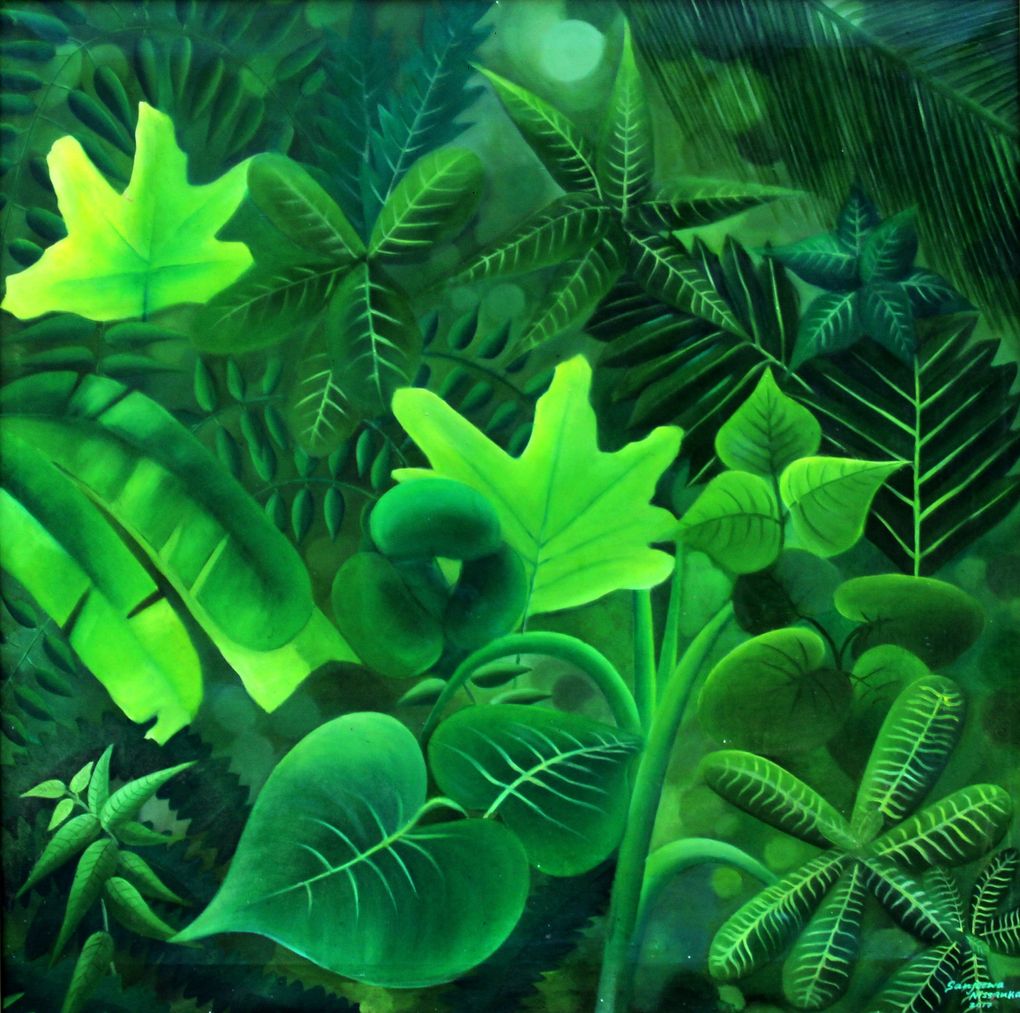
Dazzler of the nature - Sanjeewa Nissanka
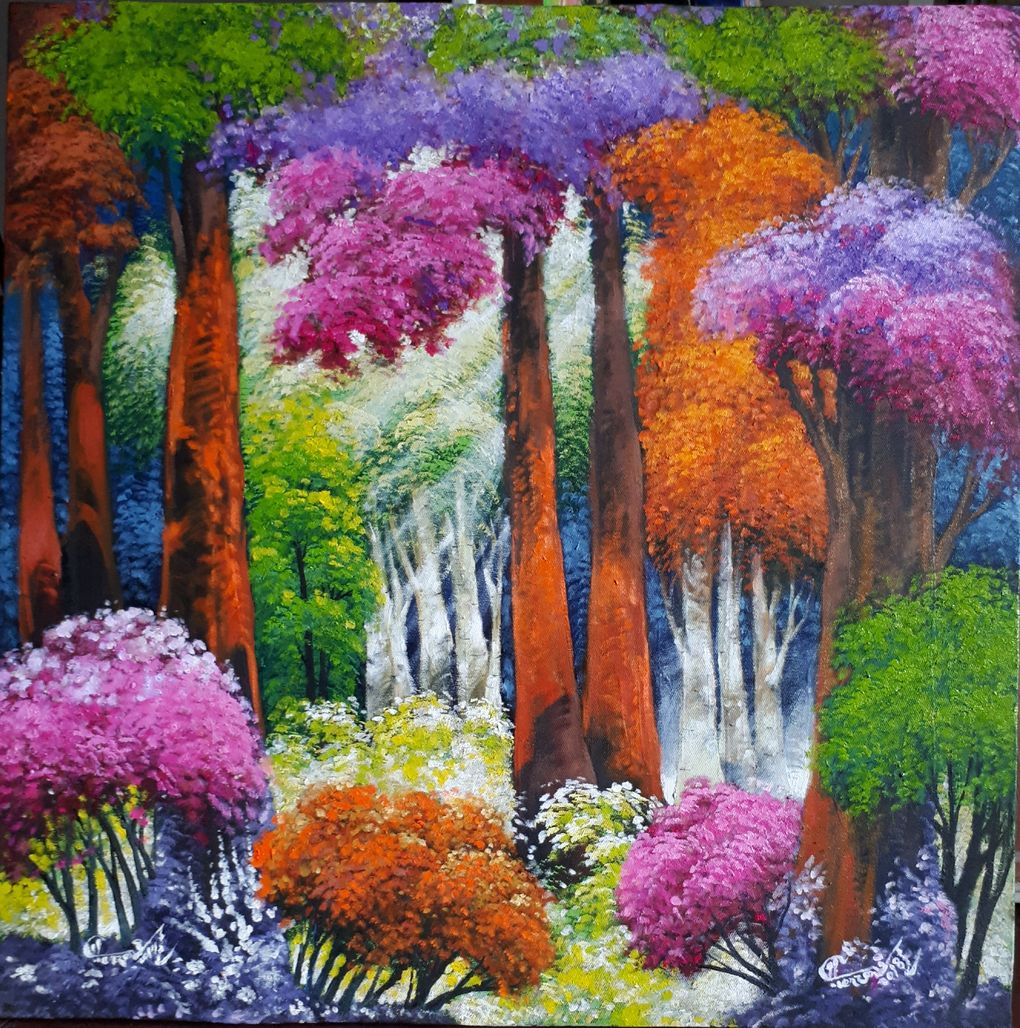
Wilderness In Colorado - Herzon Dela Rosa

Fairyland G-I (W) - Guang-Yu Zhang
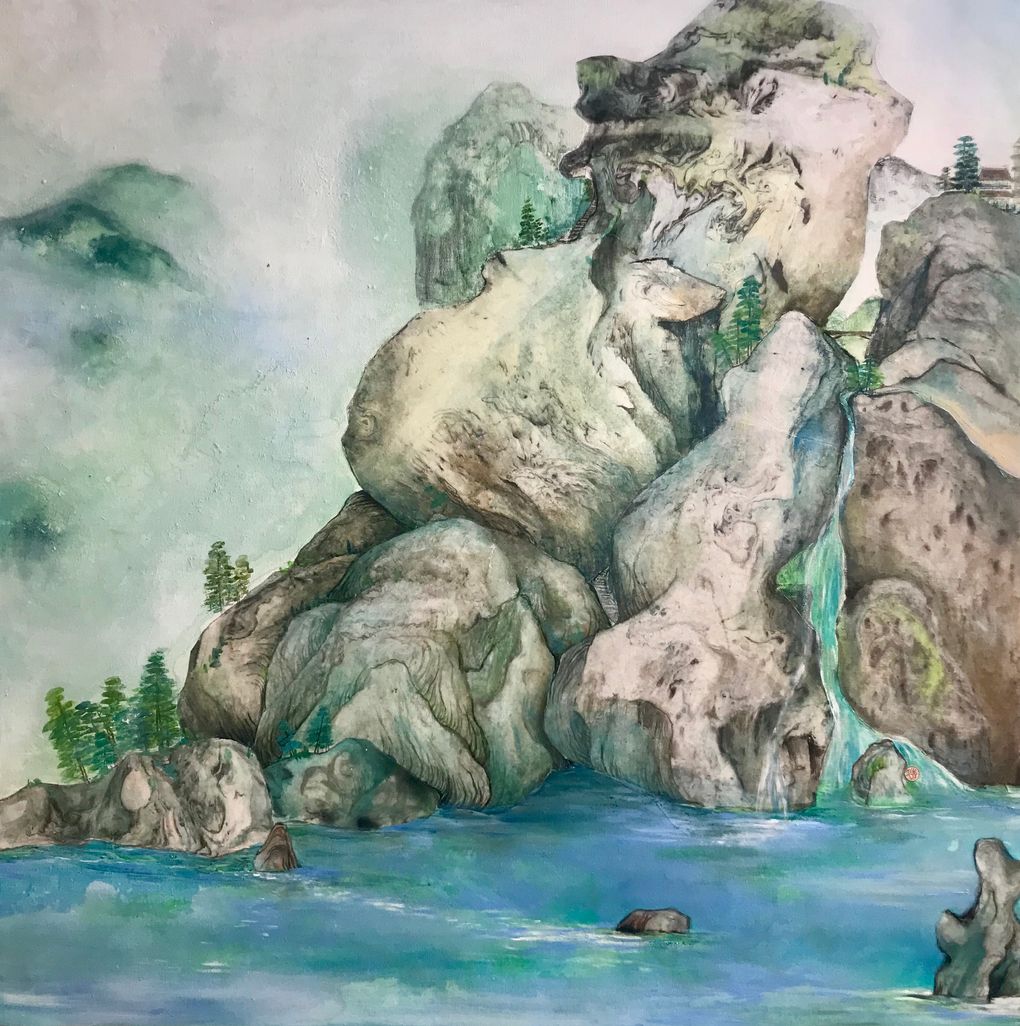
Exploring in the secret - Zue Chan
Nature art finds its inspiration in the elements of nature, such every bit landscapes, gardens, animals, and people. Nature art is attainable across a variety of mediums similar painting, cartoon, and photography, and this popularity has simply increased with the advancement of digital technology. The delineation of this art way has enjoyed acceptance across modern and abstruse forms to traditional interpretations.
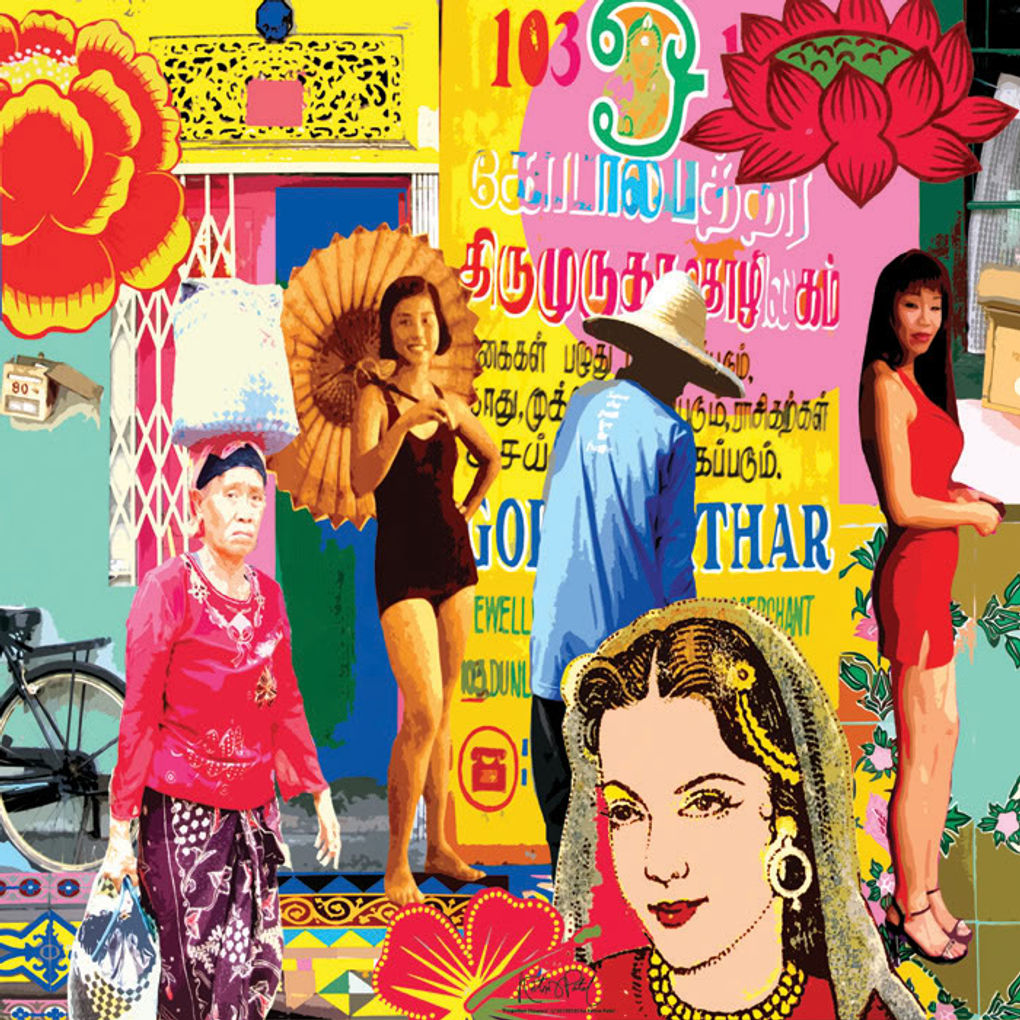
Forgotten Flowers - Ketna Patel
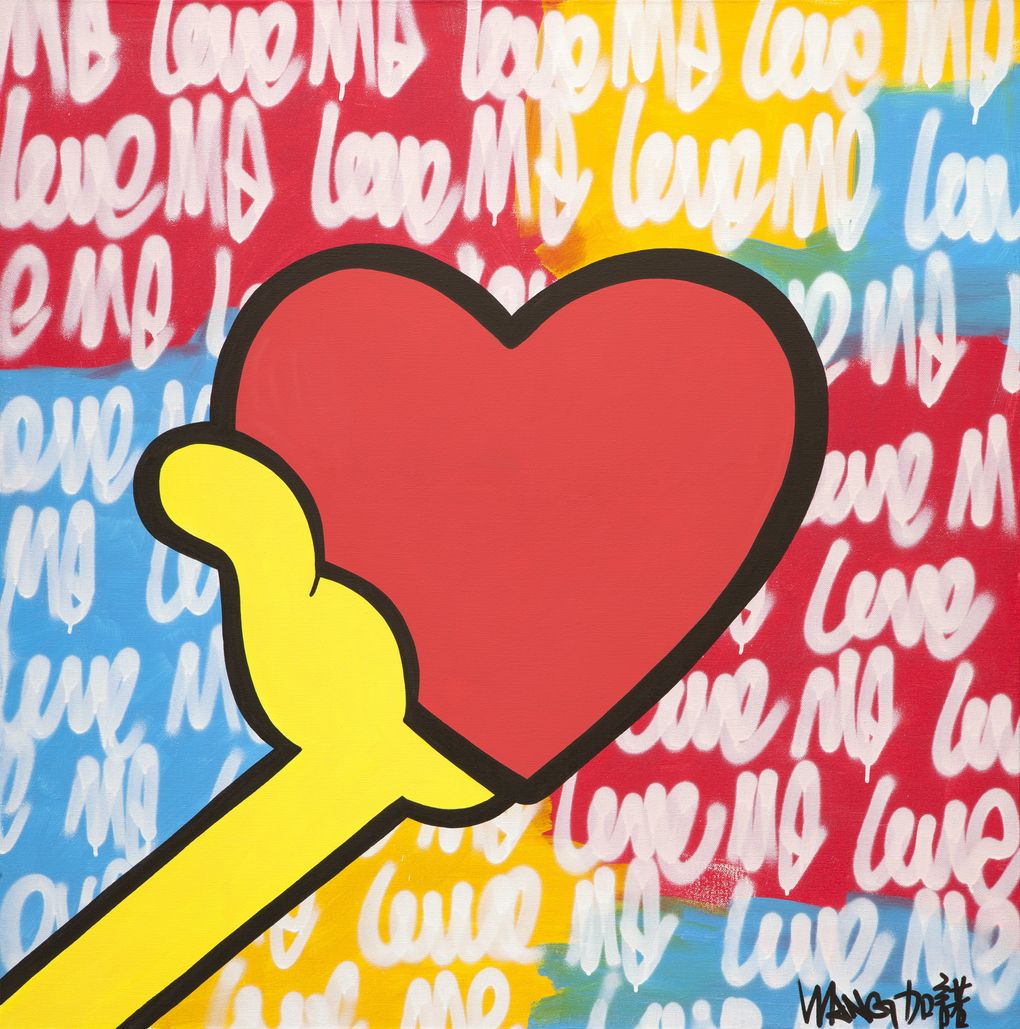
No. fourteen - Wang Jianuo
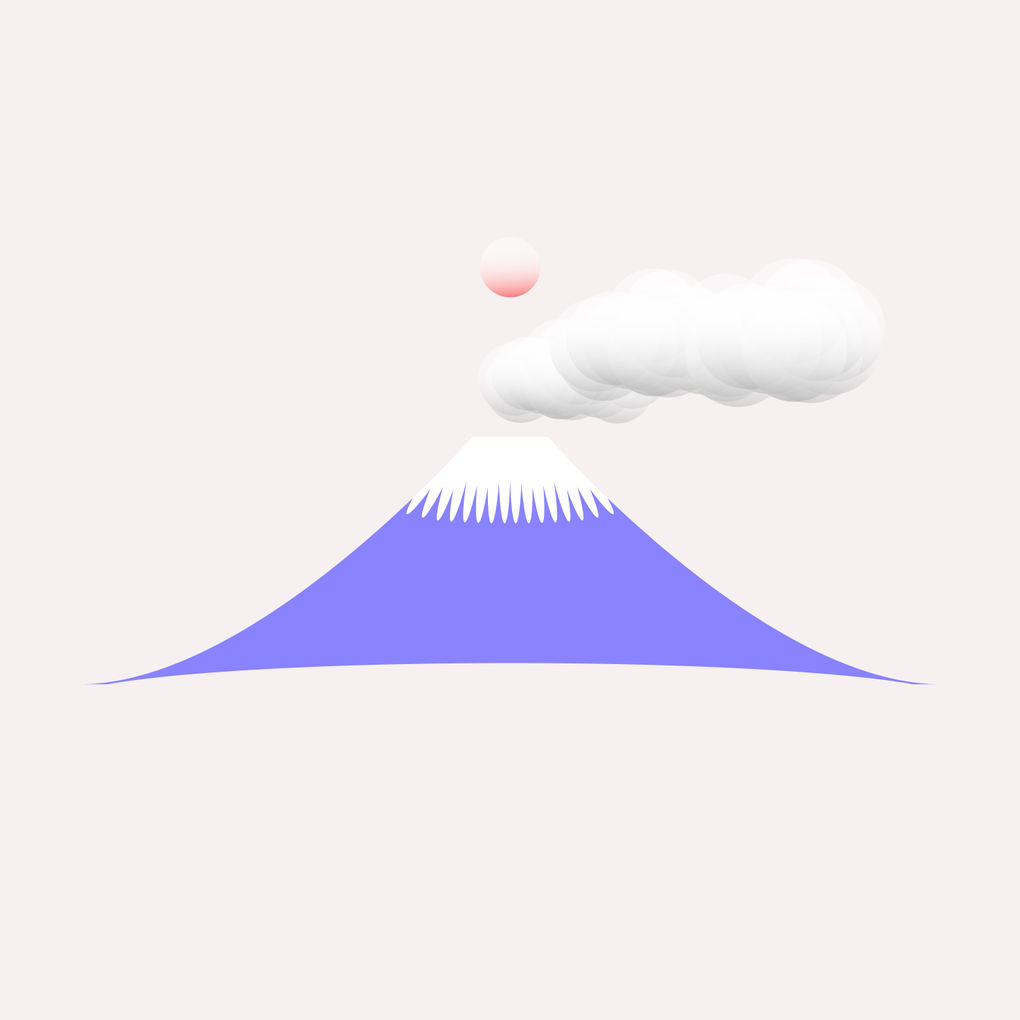
Nice air - Surat Tomornsak
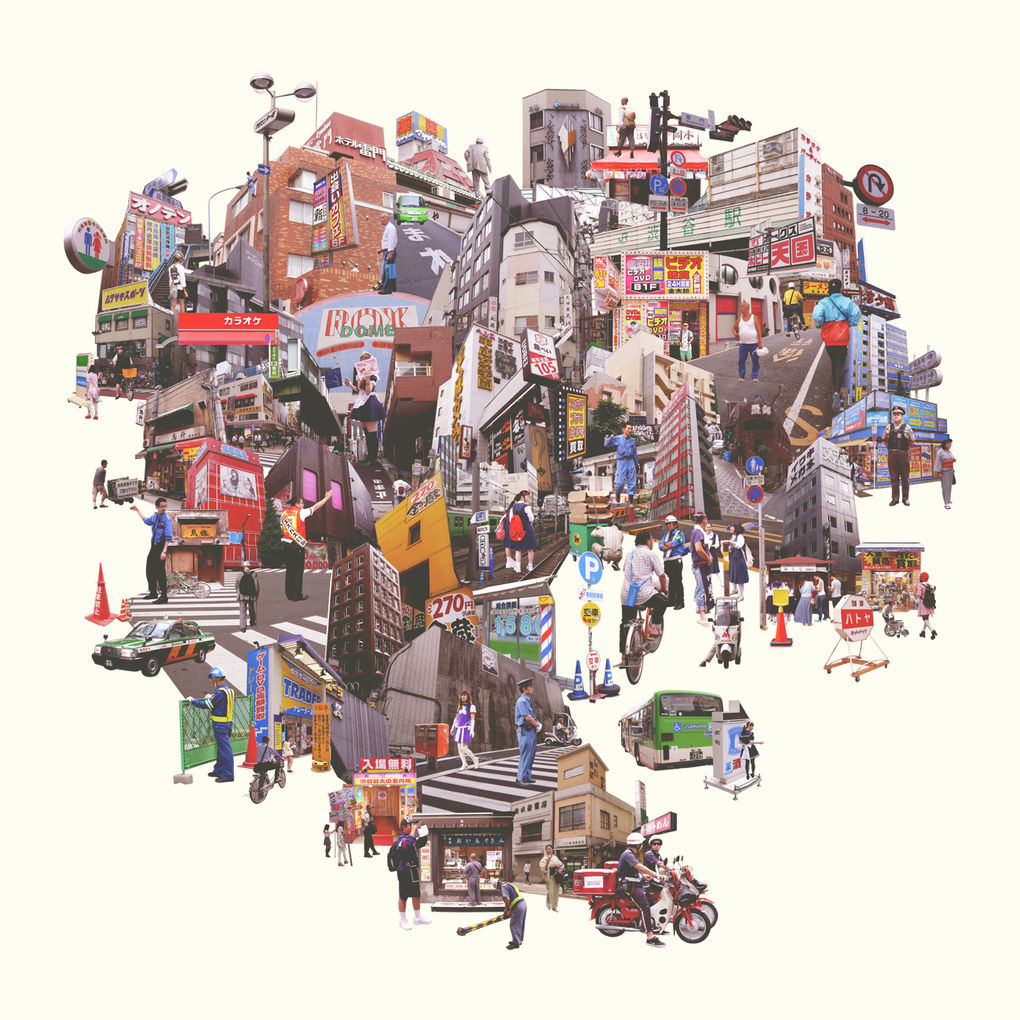
Made in Tokyo #one - Pariwat Anantachina
Ane might draw Popular Art as the genre that "popped up" over the course of postal service-war America and Britain during the mid to tardily 1950s. Distinctively derived from popular and mass culture, artists in this movement sought to explore re-imaginations of commercial imageries. Moreover, it gave way to certain accessibility in approaching art from the perspective of viewers; simplified, recognizable subjects allowed people to digest the artworks in this movement in a less high-brow style.
Pop Fine art reached its height in the 1960s. Initially, as a mode of resistance against "dominant" approaches to fine art and culture, artists inside this movement felt an imbalance between what they studied and what directly affected them in their twenty-four hours-to-day life. Equally such, they turned to what they felt were relevant imageries extracted from advertizement, music, comic books, product packaging, and and then on.
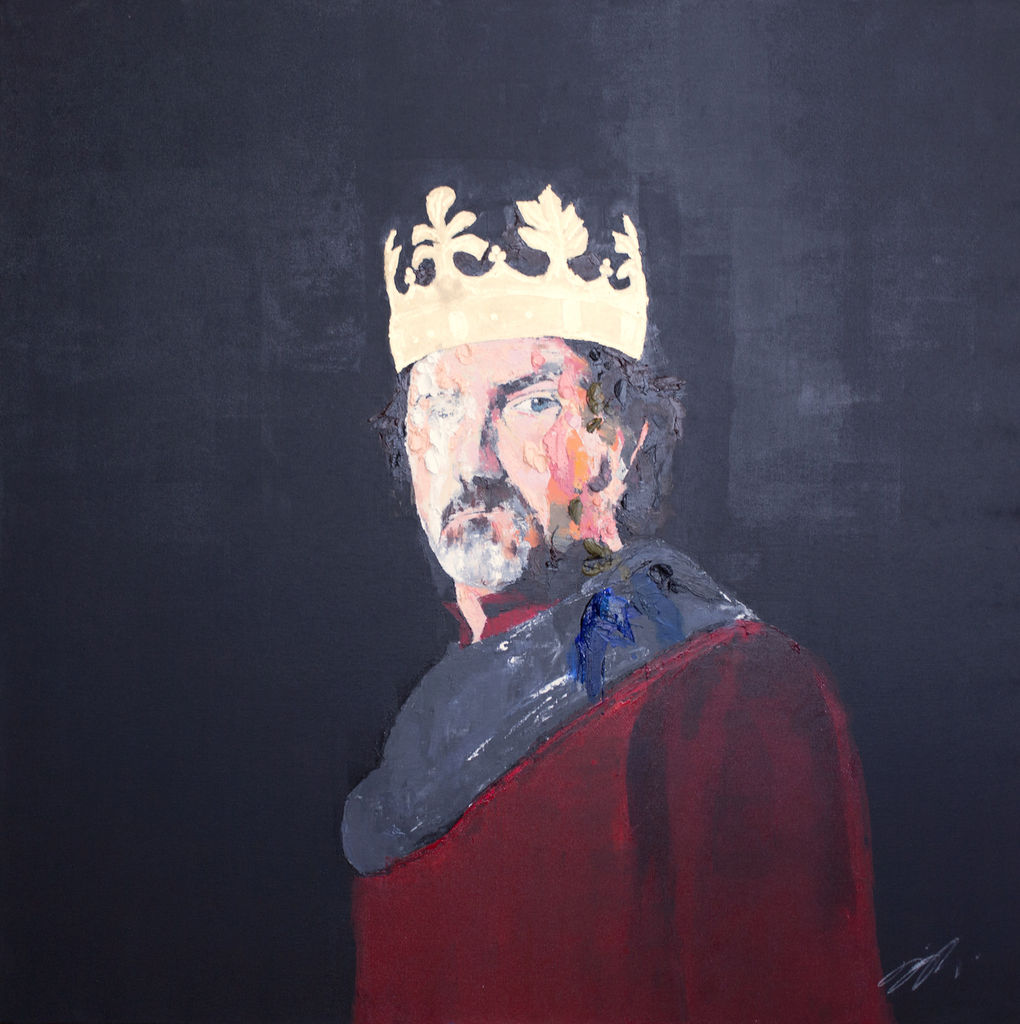
The King - Tomoya
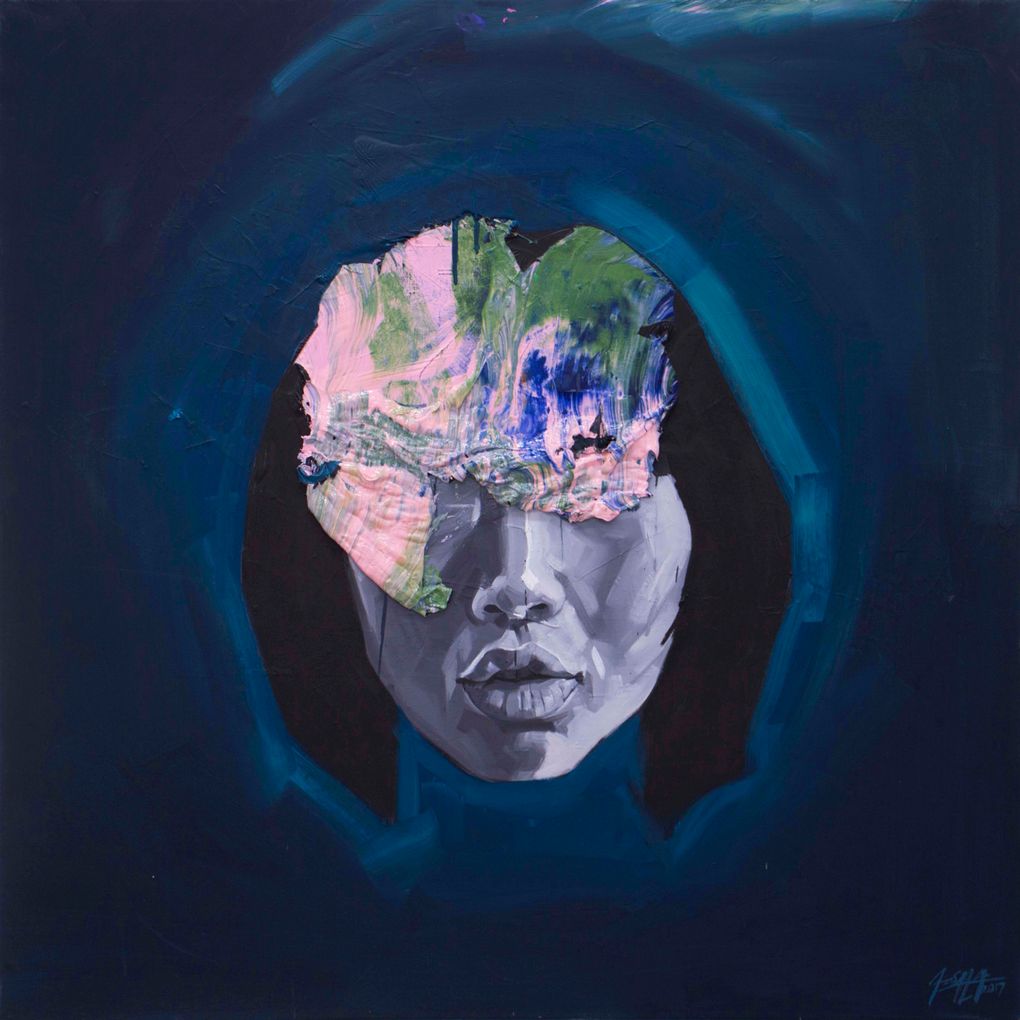
Seeing with mind's heart - Kos Cos
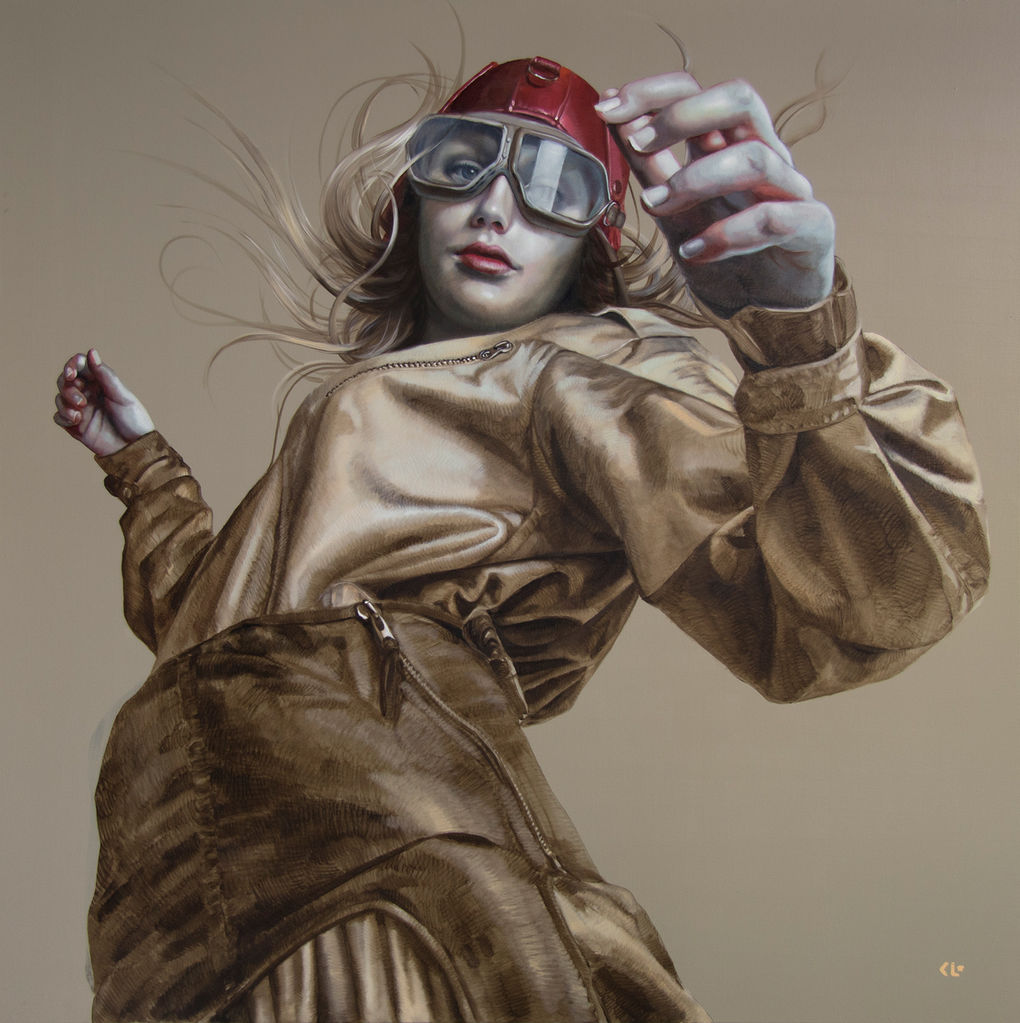
Falling To Far - Kathrin Longhurst
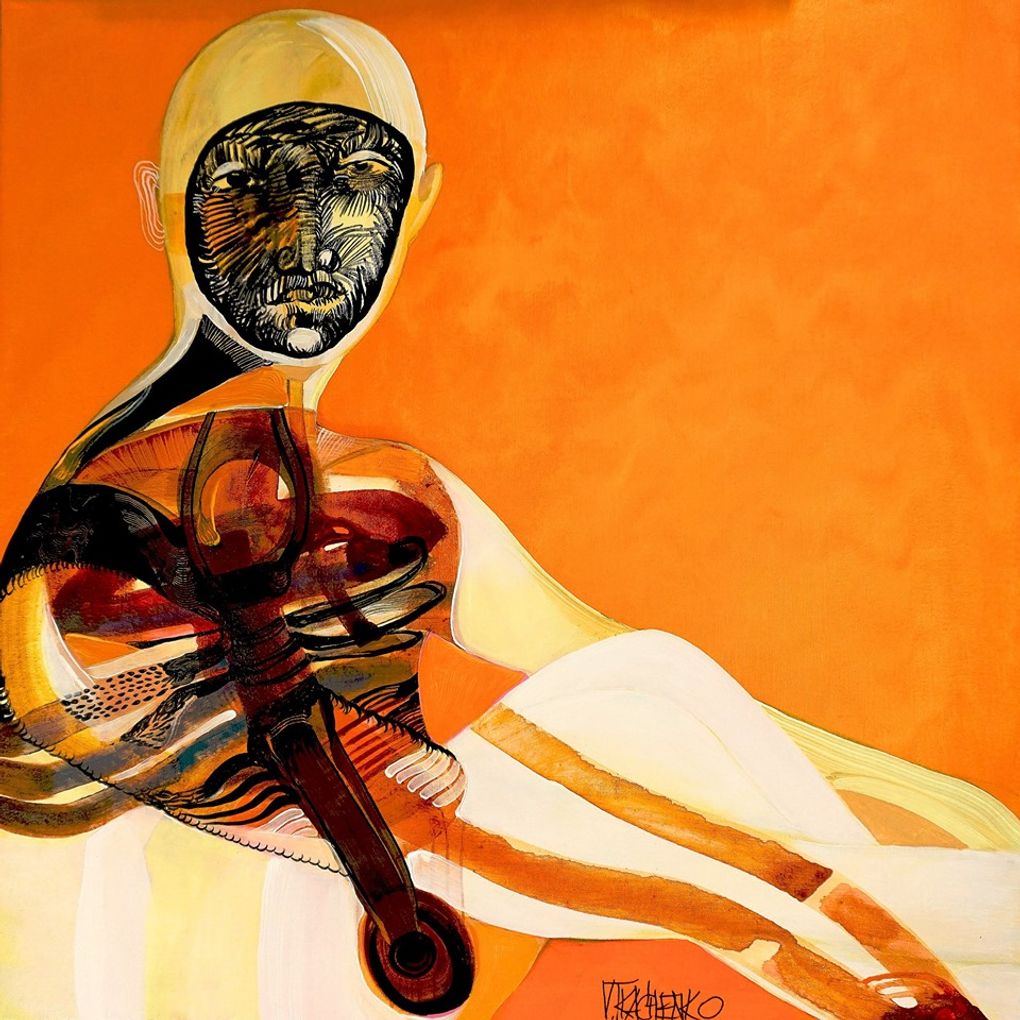
Beach Anatomy - Victor Tkachenko
Portraiture tin exist broadly divers as a presentation of the likeness, graphic symbol, beauty, status, or essence of a particular person. This ancient art way has evolved over 5000 years across mediums like paintings, drawings, and sculptures to photography and even video portraits. Some famous examples of Portraiture include the Monalisa by Leonardo Da Vinci, portraits of pharaohs from ancient Egypt, or portraits of Greek and Roman emperors in forms of sculptures and coins! Another form of portraiture is cocky-portrait - a representational or an abstract or symbolic cocky depiction past the artist.
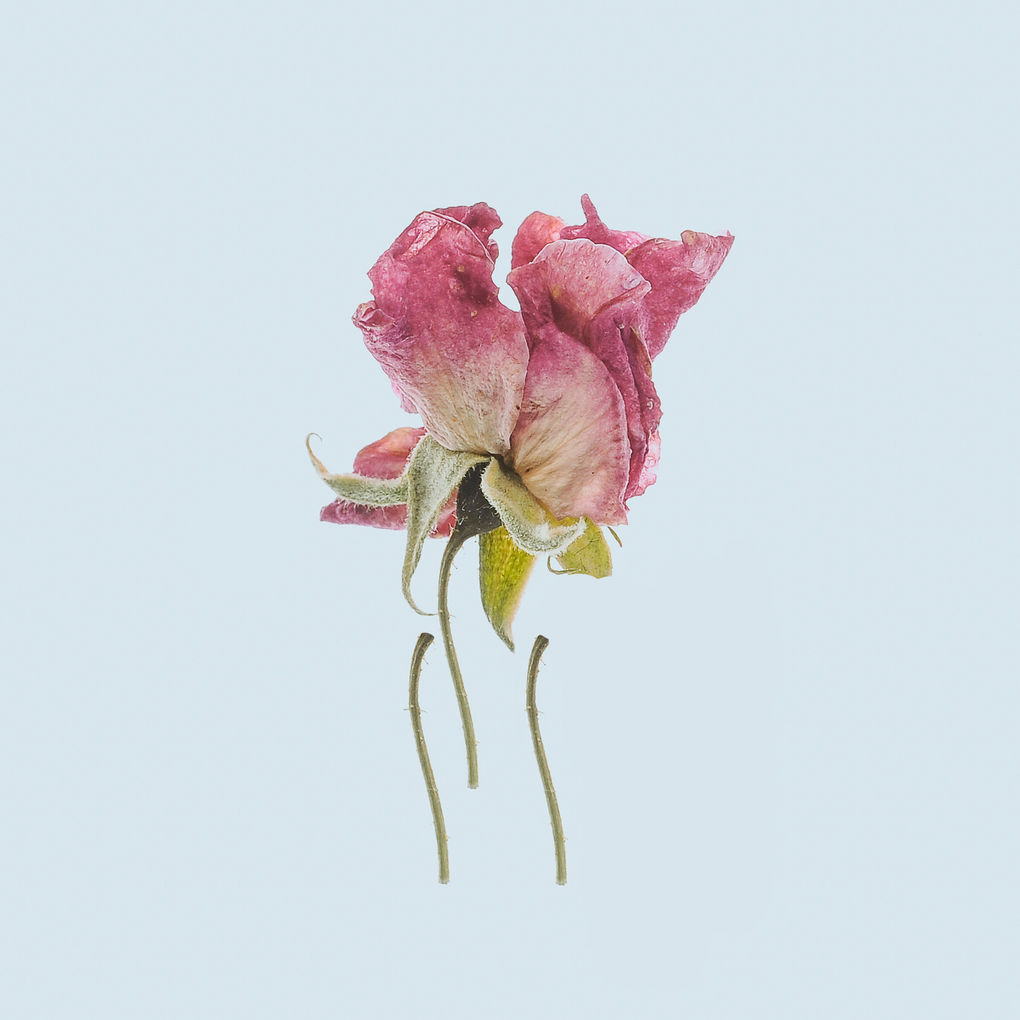
Death of Beauties - Yuyang Liu
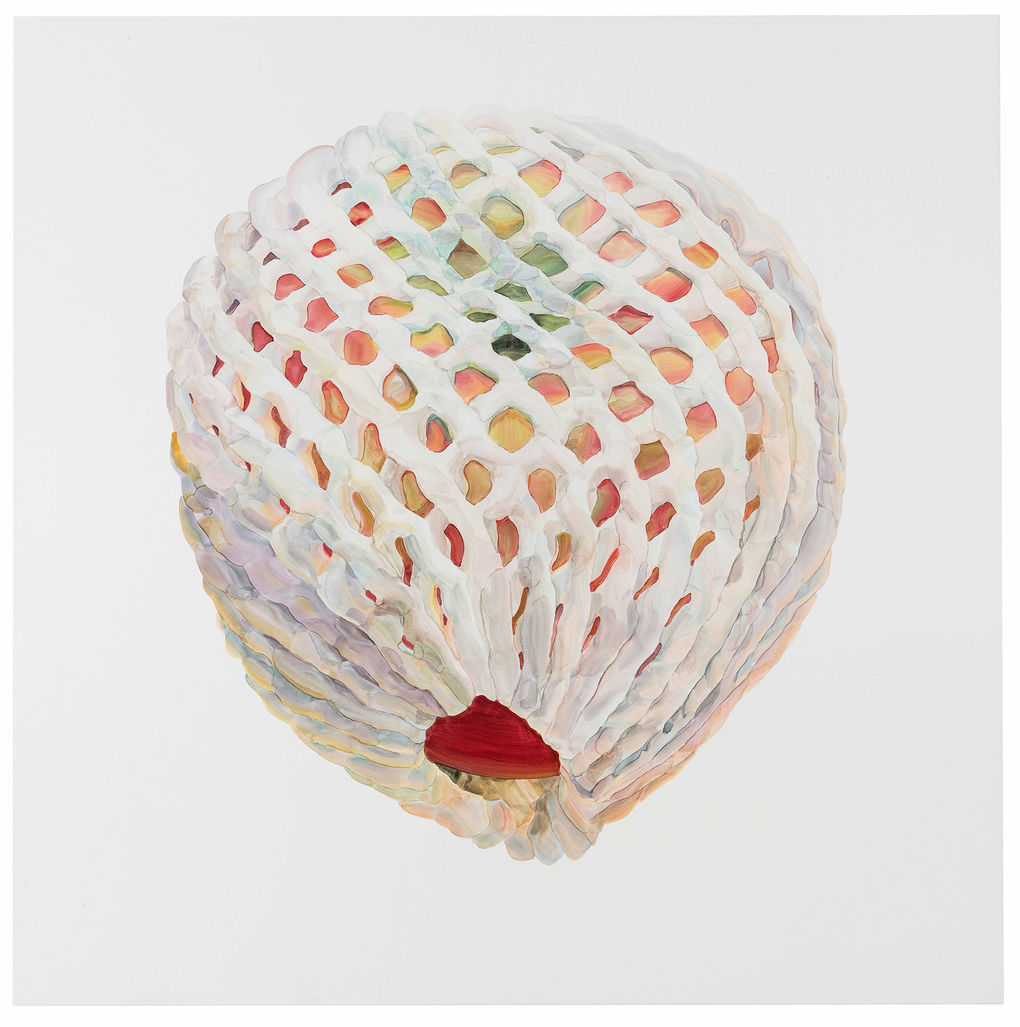
Cherry-red in Snow - Guo Hongwei
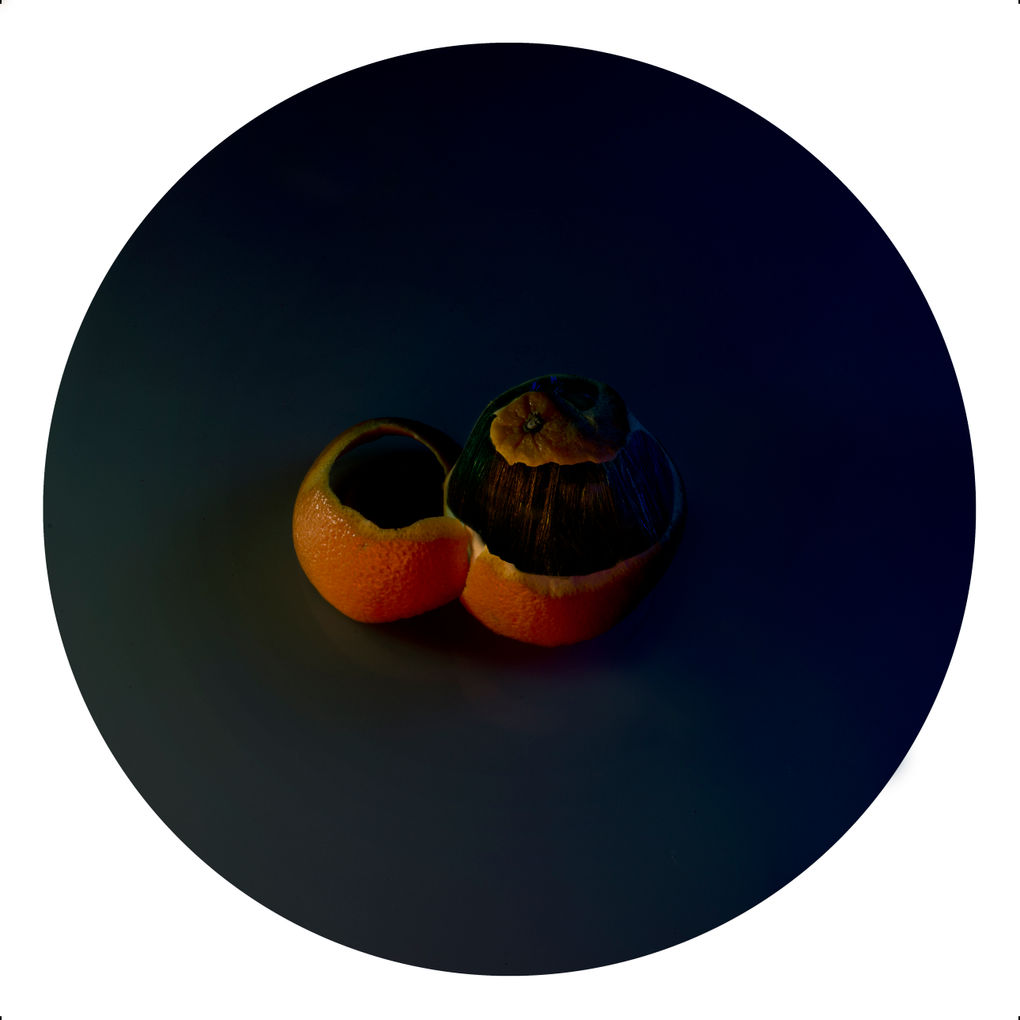
Man Food_6 - Pan Mengmei

White Roses # 3 - Maung Aw
Even so life art is exactly what it says - art that depicts all the same or inanimate objects. These objects could be human being-made or natural objects such equally nutrient, flowers, game, tableware, and and so on. On the nighttime side, the object depicted could as well be a dead person. These extreme representations lend a time-tested depth to this art fashion - celebrating cloth pleasures of the earth or the stark truth of the short-lived existence of these pleasures and homo life.
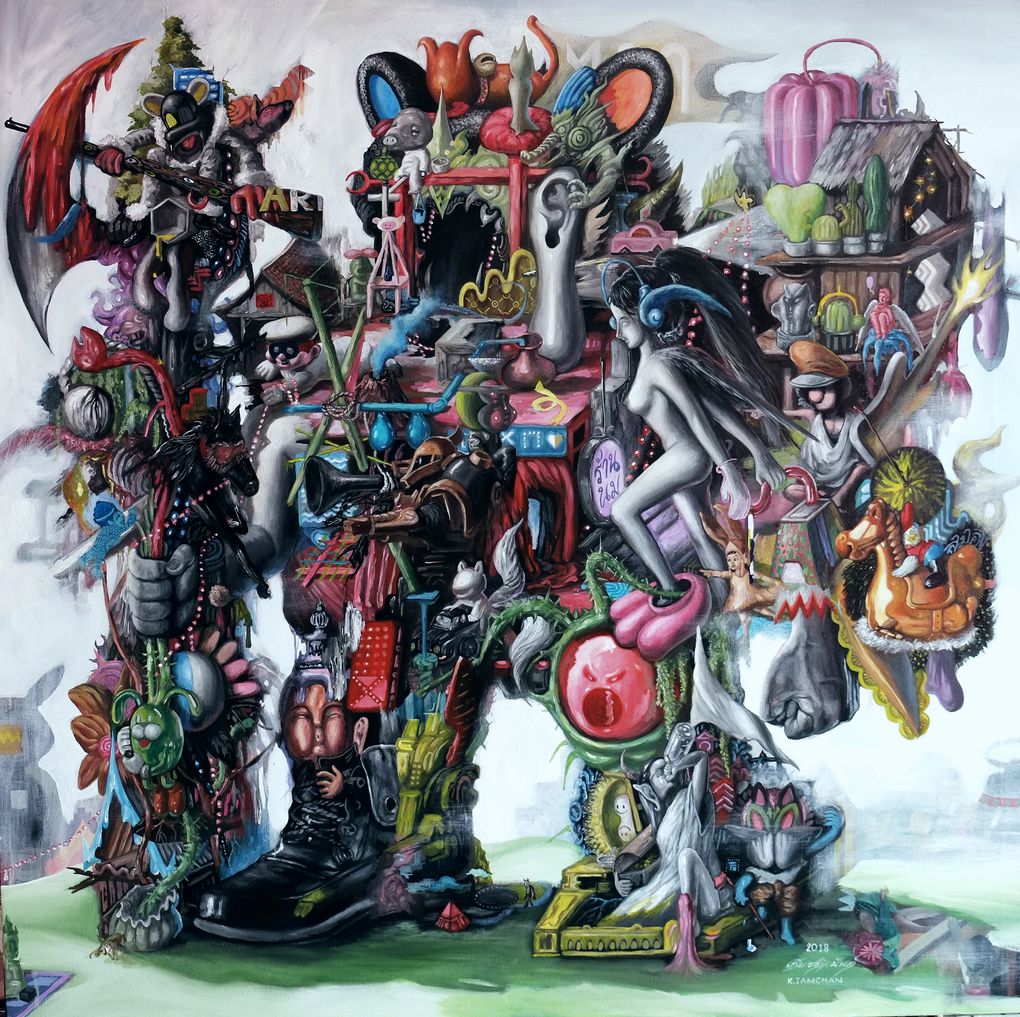
Stream arrange - kiatanan iamchan
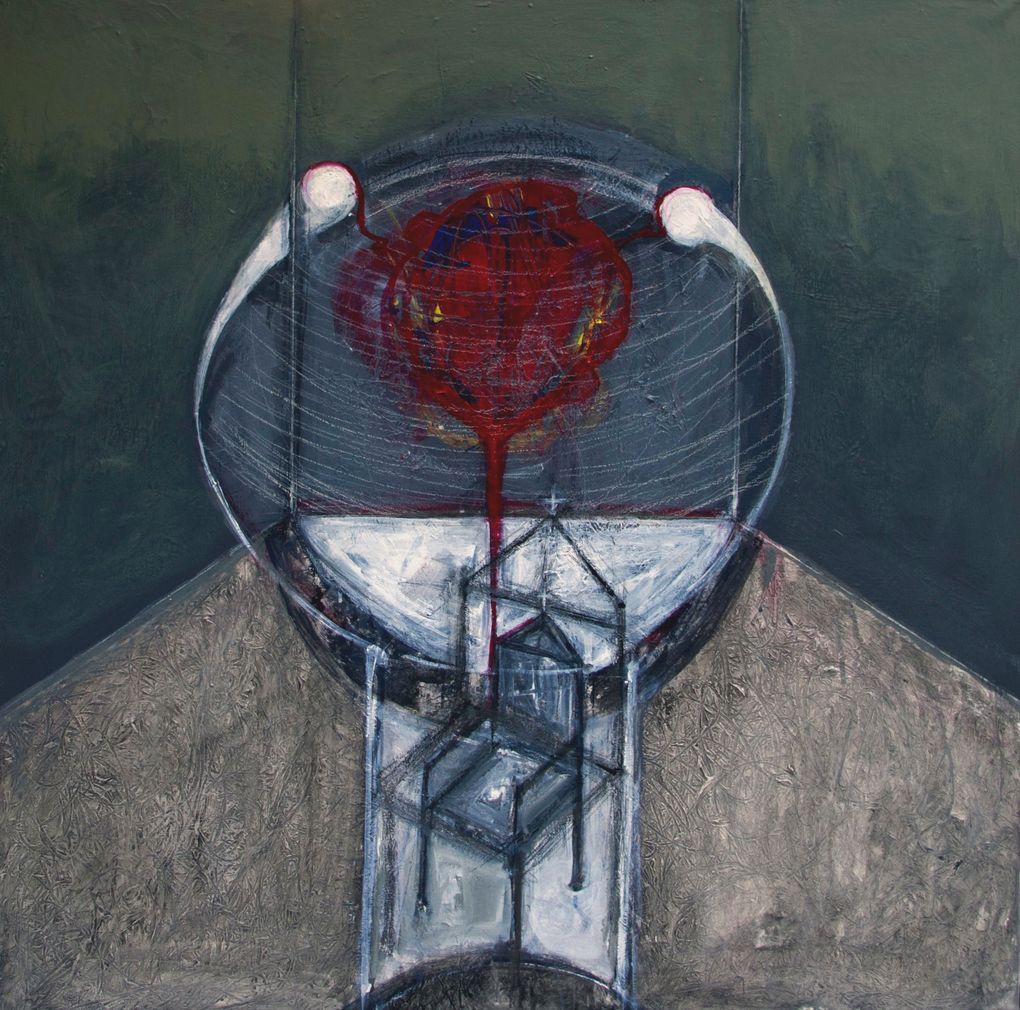
The throne - Simis Gatenio
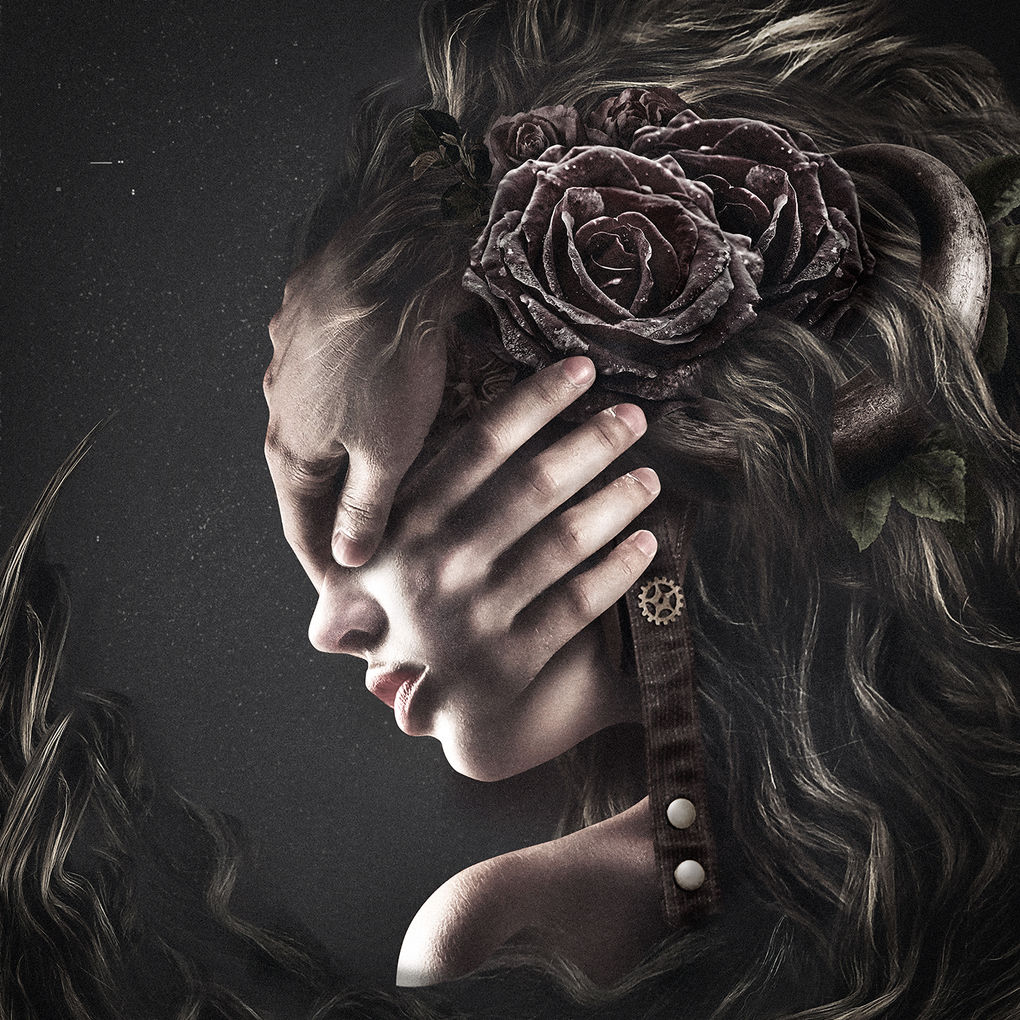
Re: #02 - Okusora Keita
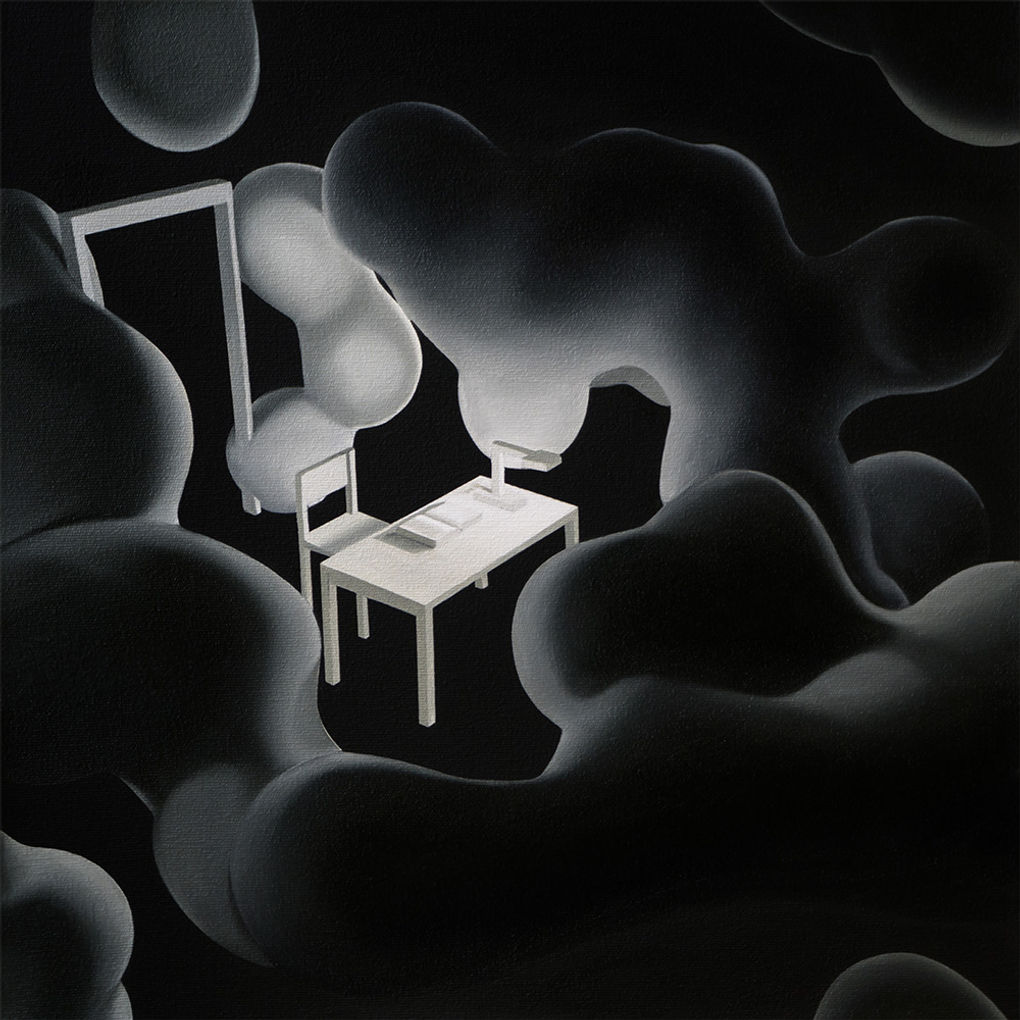
The Study - Erdem Ergaz
A movement that started in the 1920s, Surrealism sought to tap into the unconscious mind, thus revealing a juxtaposition of irrational imageries. Surrealist imagery is i of the near distinct characteristics of Surrealism. Notwithstanding, when trying to define it, one finds themselves rather perplexed. A key quote derived from the Surrealist motion is that of André Breton's, a French writer and poet. He stated Surrealism as a "psychic automatism in its pure land, by which ane proposes to express - verbally, past means of the written word, or in any other manner - the actual functioning of thought." What Breton implied was how artists could disregard rational thinking by tapping into their unconscious mind. This further led to 'automatism' or 'automatic writing', where artists and writers put aside conscious thought and embraced chance through their practice.
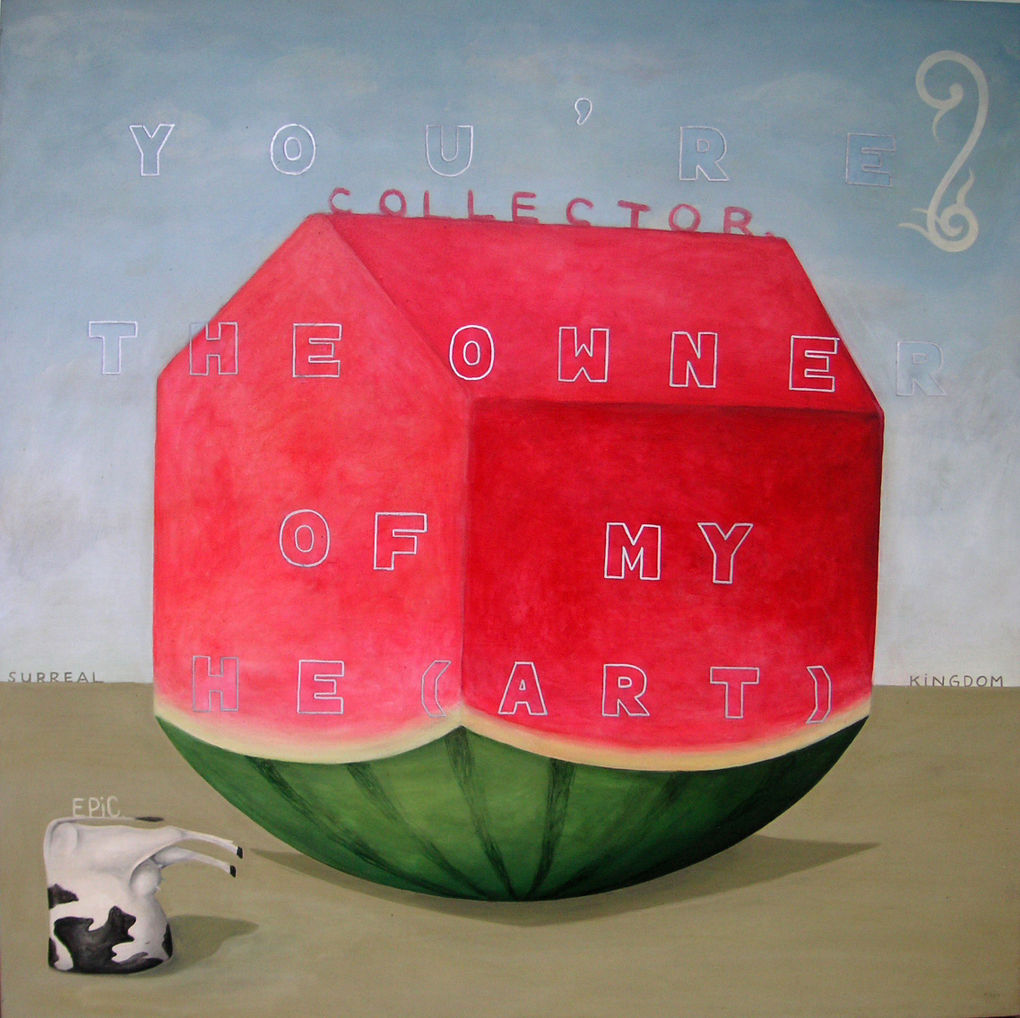
Ballsy - Aji Yudalaga
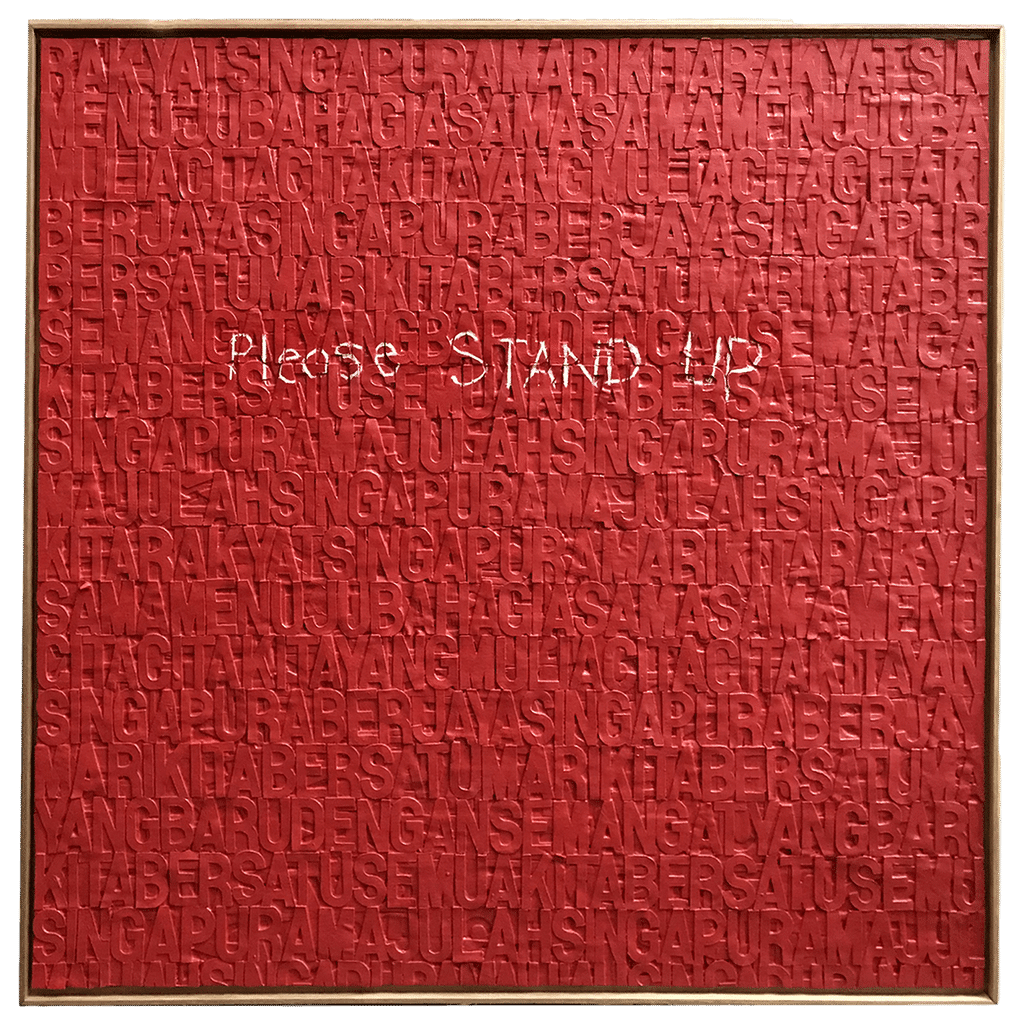
Please Stand Upward 'Majulah Singapura' # 2 - Ahmad Shukri Mohamed
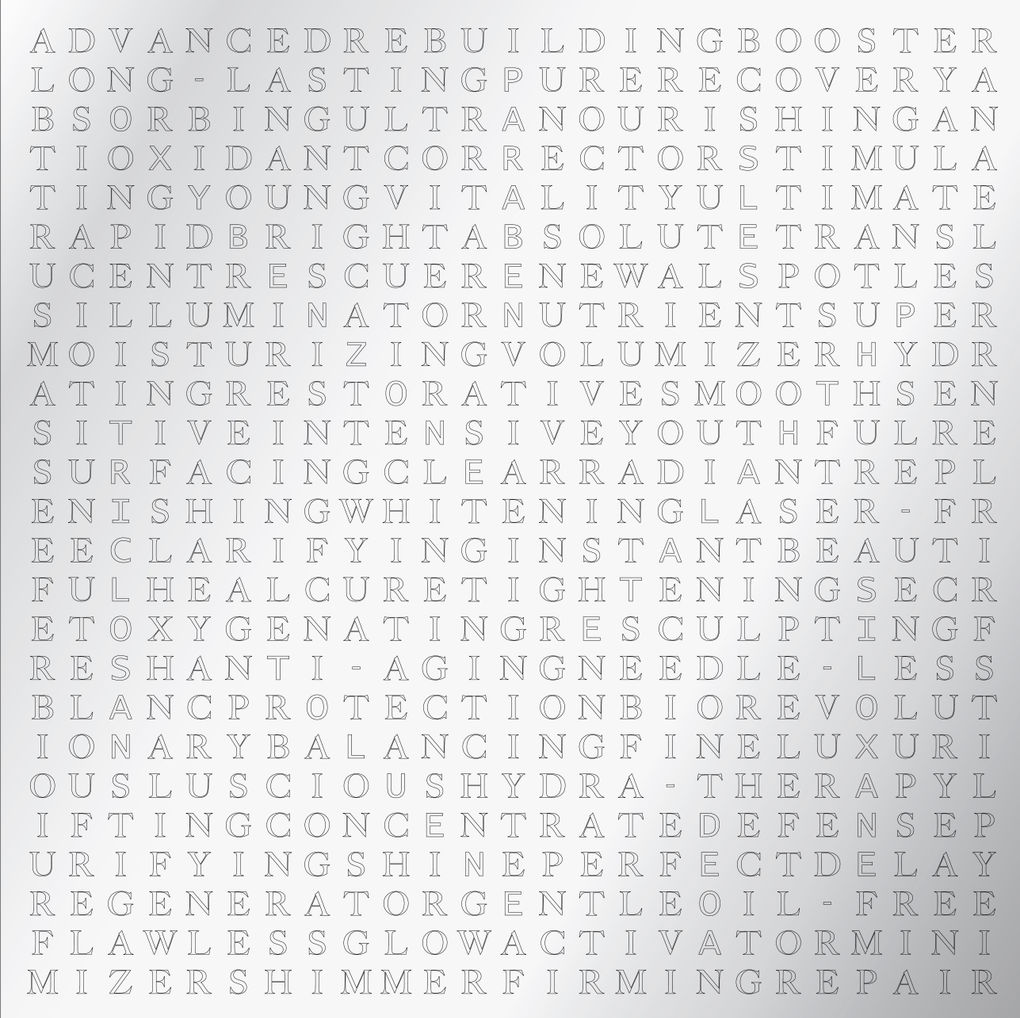
Faking Silence - Shin-young Park
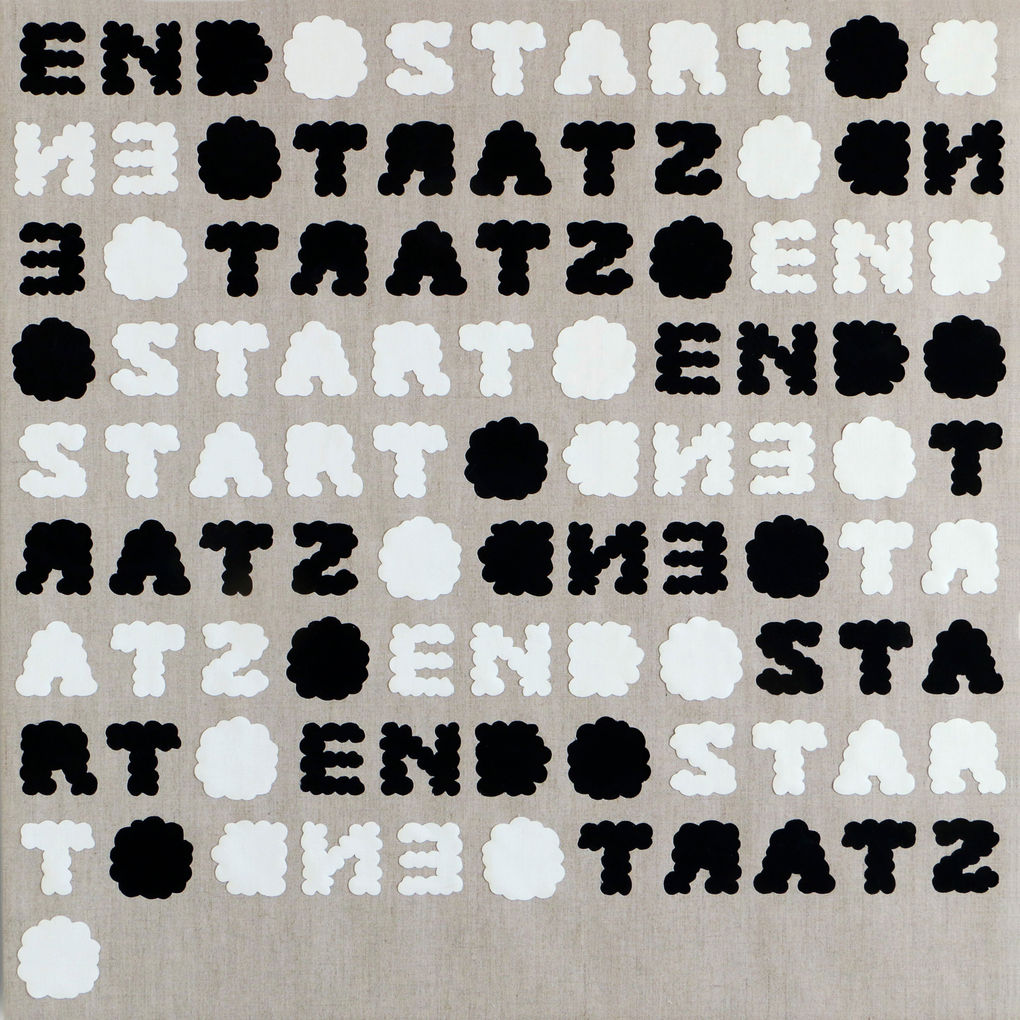
Continuity - Tetsuya Fukushima
Typography is an art style that uses an existing or a new typeface to arrange text in an attempt to convey a bulletin. A typeface is a style of designing letters of alphabet to express a specific fashion, feeling, brand identity, or only to assistance readability. Typography evolved with growth in the print industry and today you can discover typography every where - street sighs, posters, books, and internet. This art style is a fundamental attribute of modern art and design.
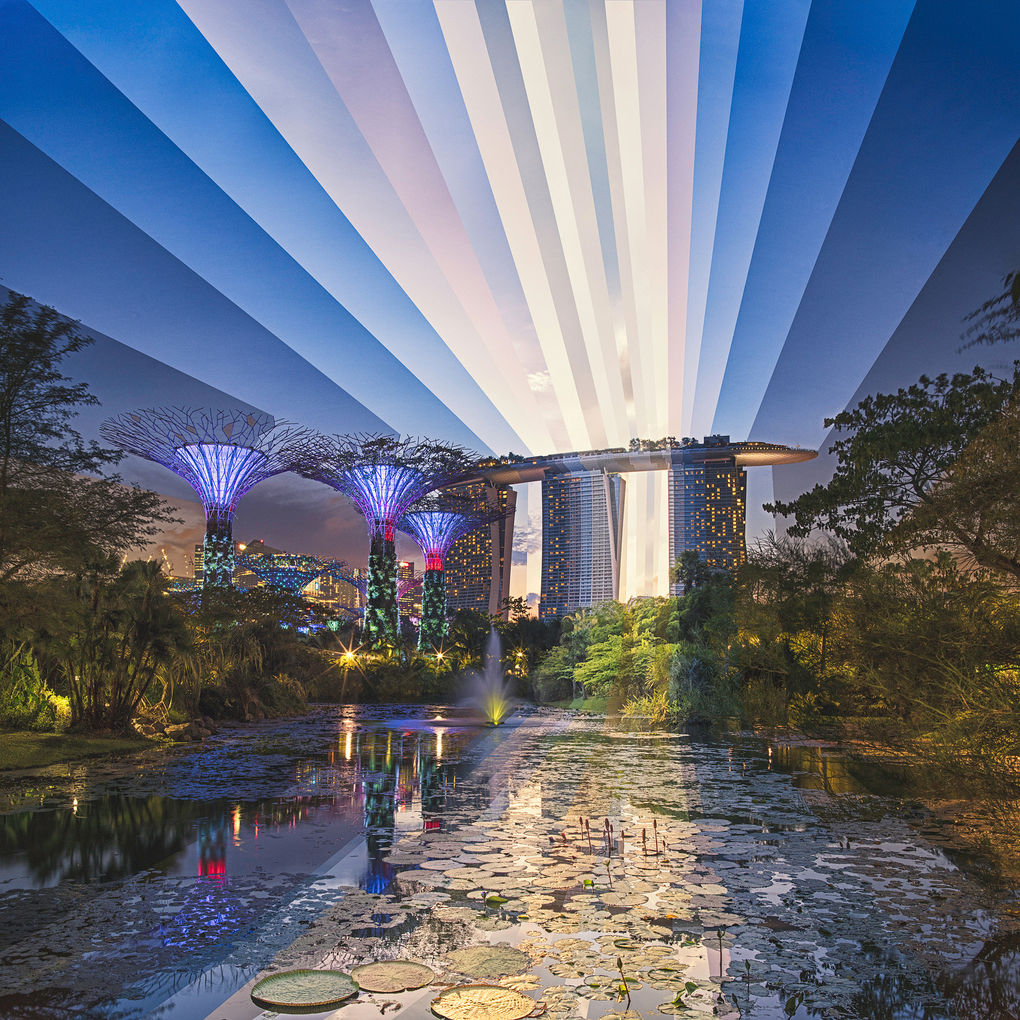
Sunset in the Garden City - Fong Qi Wei
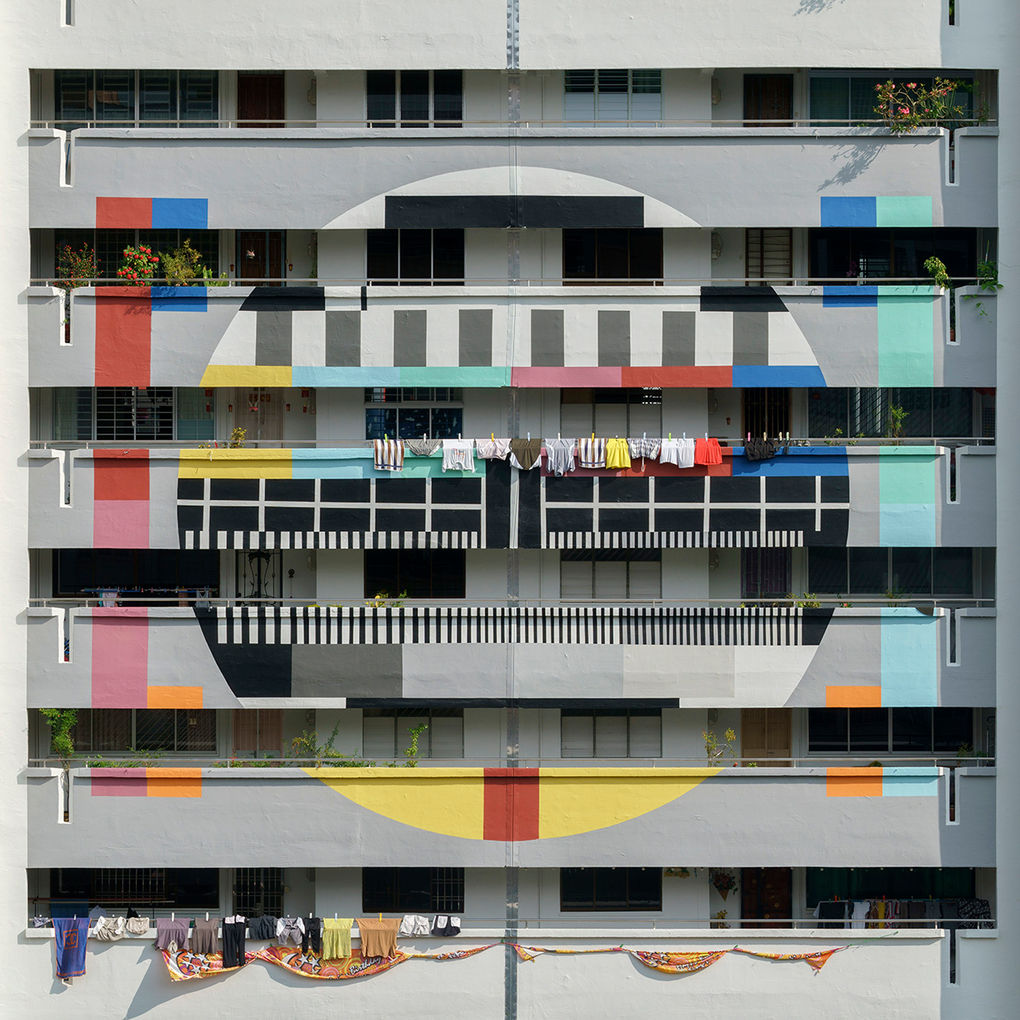
423 Tampines Street 41 - Darren Soh
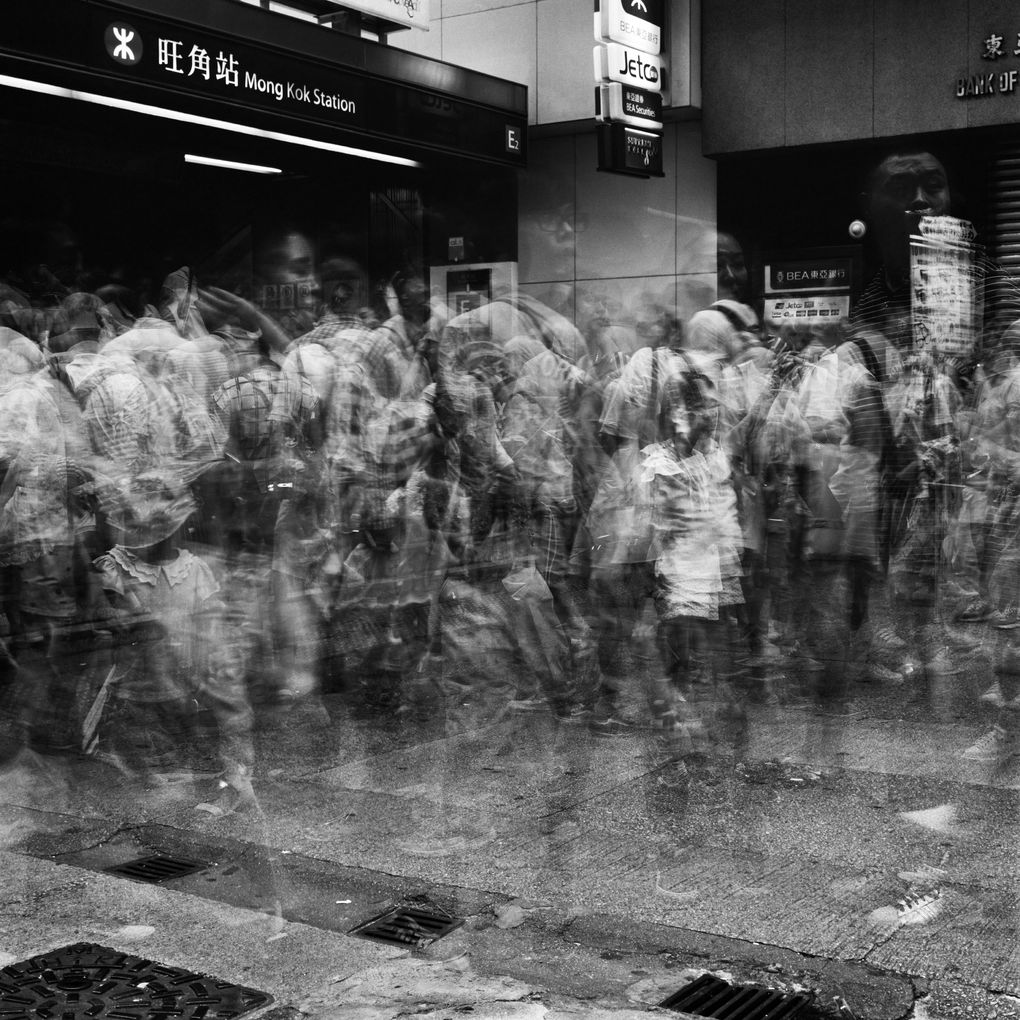
Corybantic City_31 - Zhou HanShun

Urbanized - Aasiri Wickremage
Urban art is used to describe artworks originating from urban environments and often created by artists living in these urban spaces or cities depicting city life and experiences. While Urban fine art is interchangeably used with graffiti art or street art, non all Urban art is created equally street art or graffiti fine art but is also created in studios. This art style addresses the urban lifestyle and spaces while likewise focusing on the negative aspects of urbanization and its bear on like poverty, displacement, surround, etc.
Now that you know what are the dissimilar contemporary fine art styles, why not check out our latest curated art collection. You can also chat with our proficient curators from any product page.
Source: https://theartling.com/en/artzine/contemporary-art-styles/
0 Response to "What Different Styles of Art Are There What Different Styles of Art Are There"
Post a Comment